An Update from The Executive Director
Dear Friend of JFA,
JFA volunteers often say that gathering the courage to show up to a JFA outreach event is the hardest part of their JFA training experience. For those who are willing, though, starting that first conversation can be the most important step in learning to dialogue. God seems to enjoy using that willing step of a fearful participant to create beautiful things from their conversations. After COVID-19 changed our outreach plans for the spring, JFA’s trainers were put back in the shoes of new volunteers as they focused on a new, intimidating form of outreach: creating conversations via social media.
Having little social media experience, JFA trainer Kaitlyn Donihue was not looking forward to online dialogue. Indeed, many on our team were disappointed with the prospect of exchanging productive in-person conversations for social media “equivalents” we predicted would be inferior in just about every way. Kaitlyn was willing, though, and like each of our new outreach volunteers, she initiated one conversation at a time and trusted God for the rest.
Recently Kaitlyn shared a story from a social media conversation that amazed our whole team. (Click here to read her story, “Nail Party Evangelism.”) Despite Kaitlyn’s fear and discomfort, God used Kaitlyn’s openness to create something surprising and beautiful. Are you willing to take the same step in hope of experiencing God’s work through you? See below to register for online workshops and our brand new “Encouragement for Conversations” program!
- Steve Wagner, Executive Director
Online Learning Opportunities
“7 Conversations in 7 Hours”
7/20-8/31: Mondays, 8-9 PM Central
7/22-9/2: Wednesdays, 10-11 AM Central
Makeups to be scheduled soon!
“Encouragement for Conversations”
Thursdays at 3 PM Central
“Having been in the pro-life movement since 1980, this training is nothing like I’ve ever experienced. At our local [pregnancy] center, we are making it essential for our Client Advocates (in addition to their regular training).”







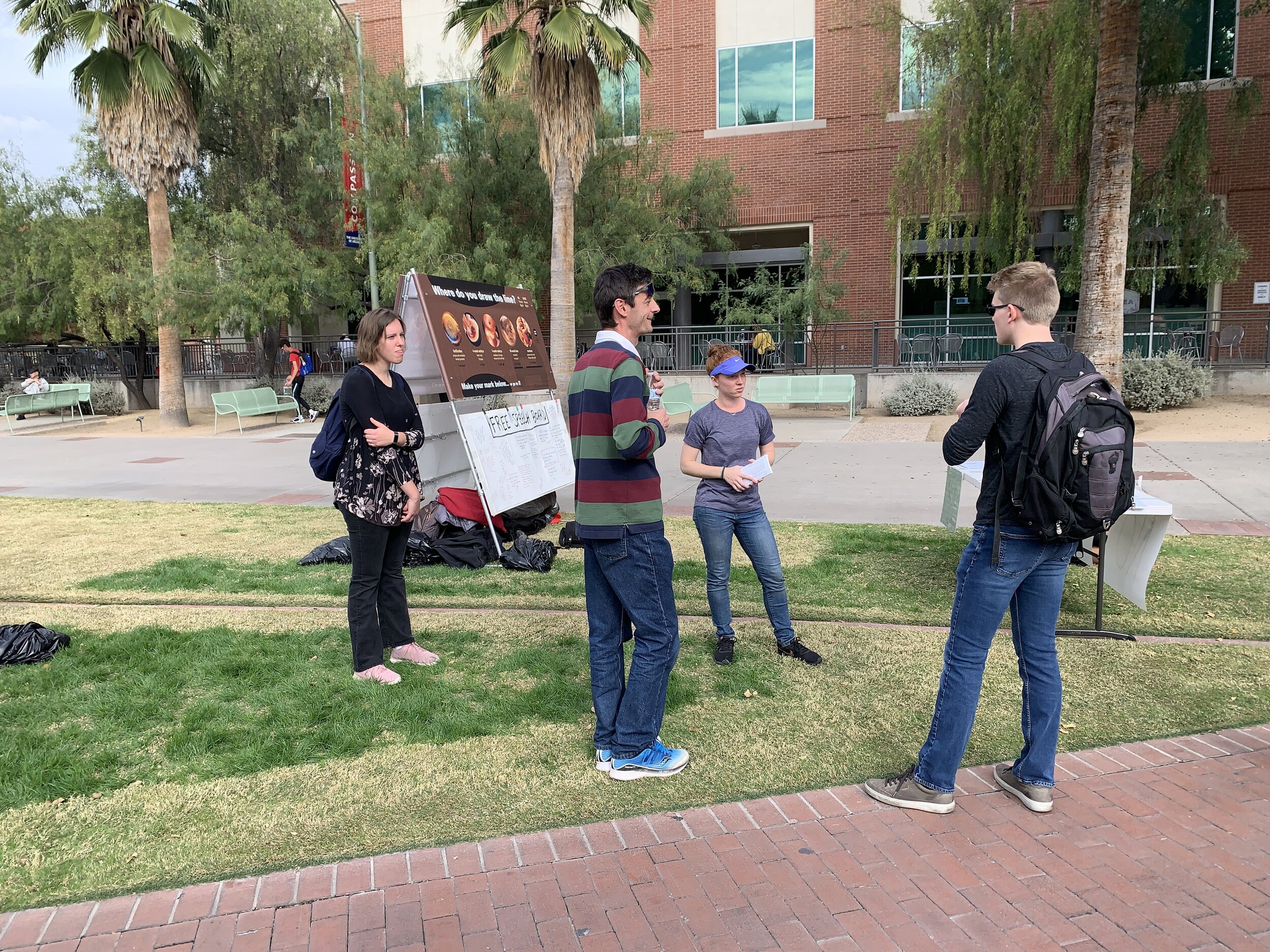


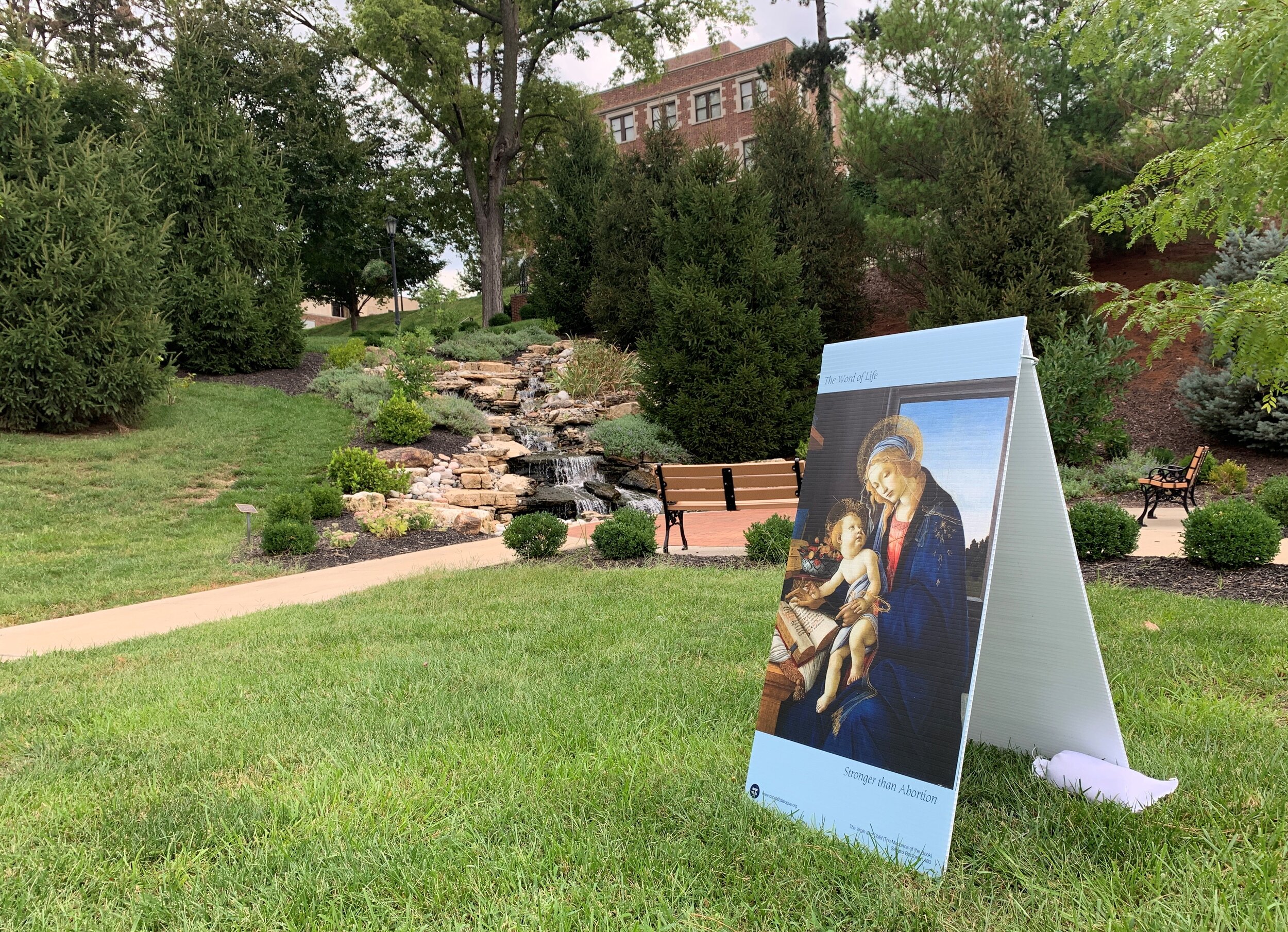
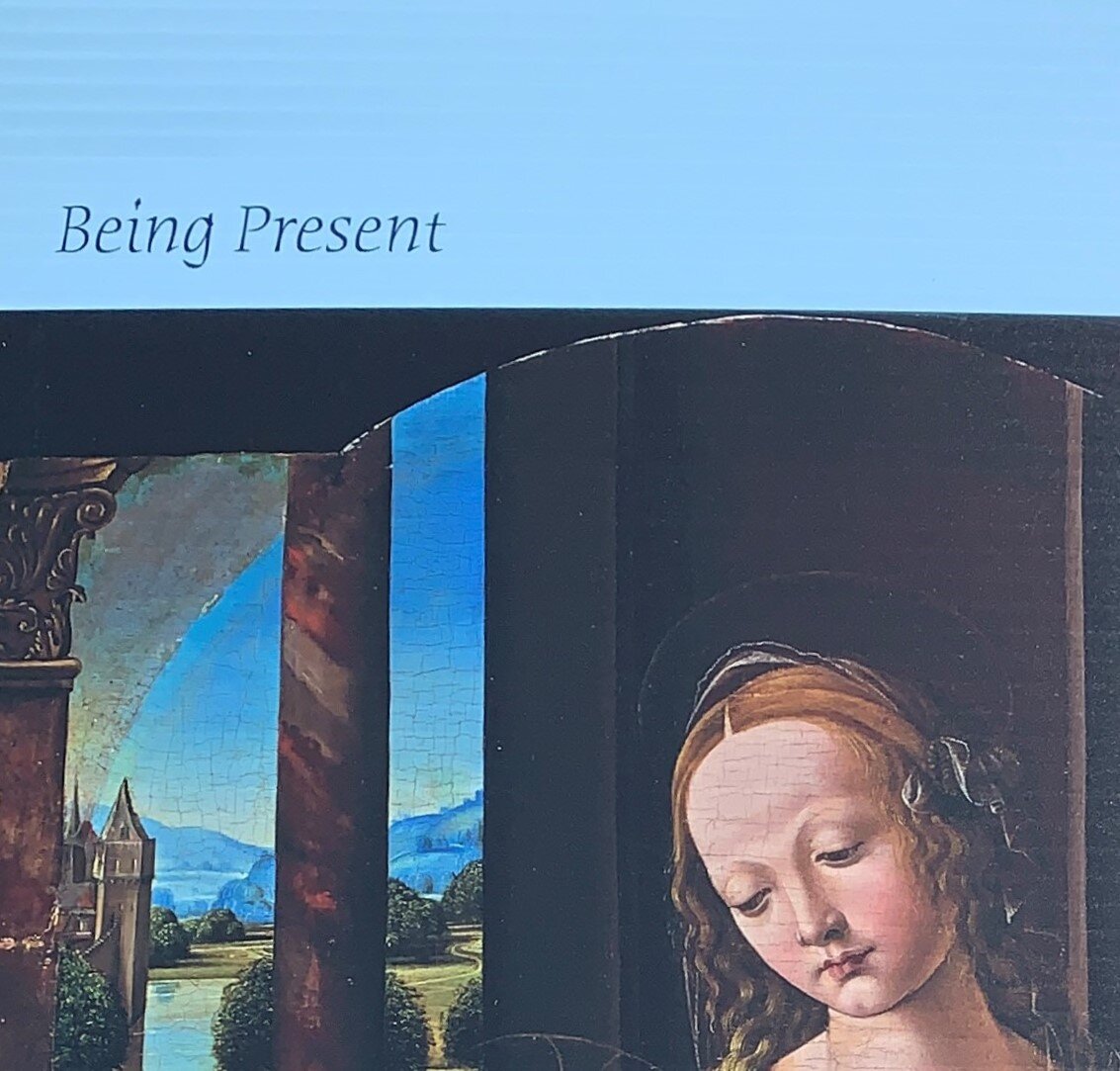
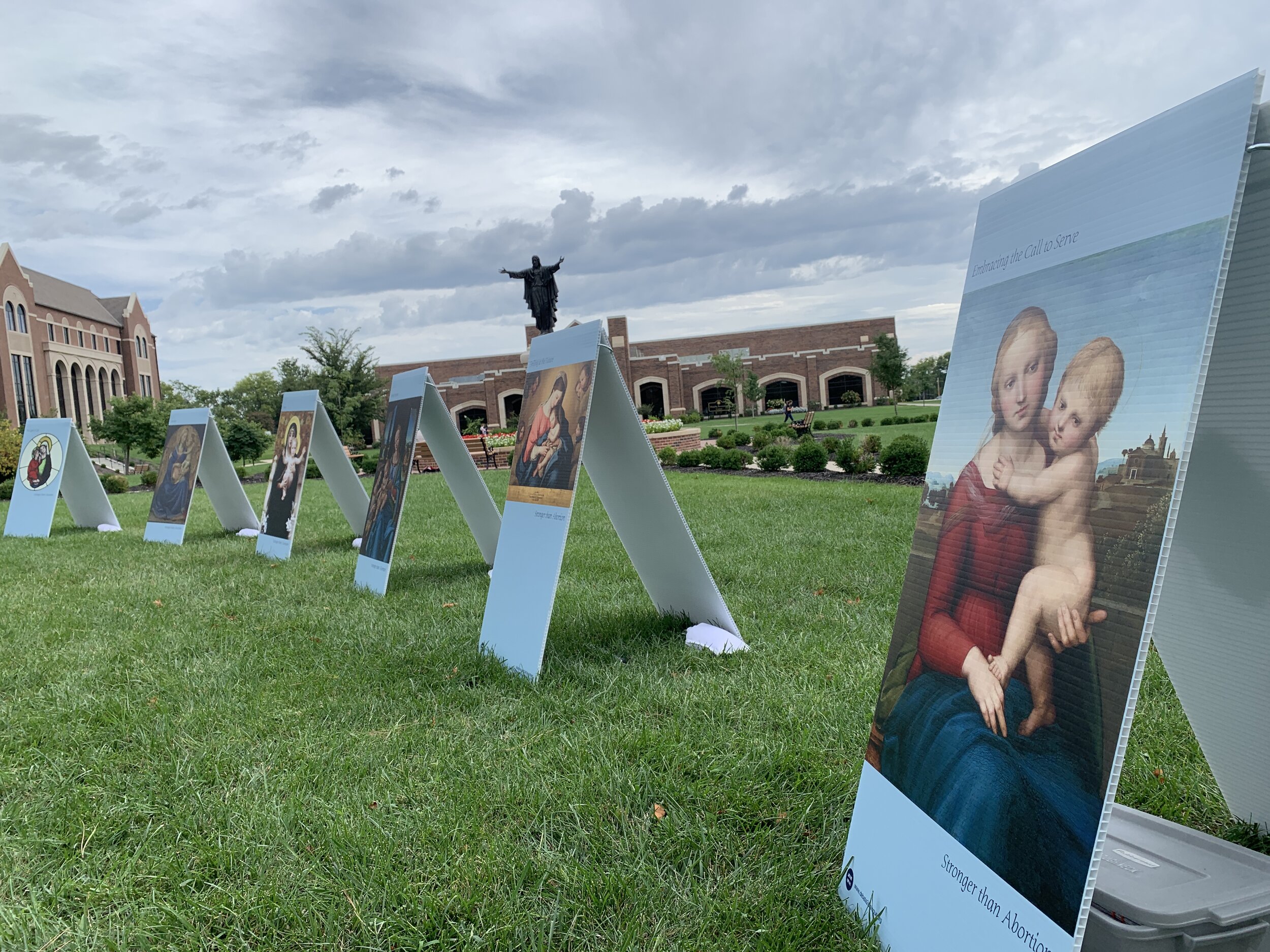
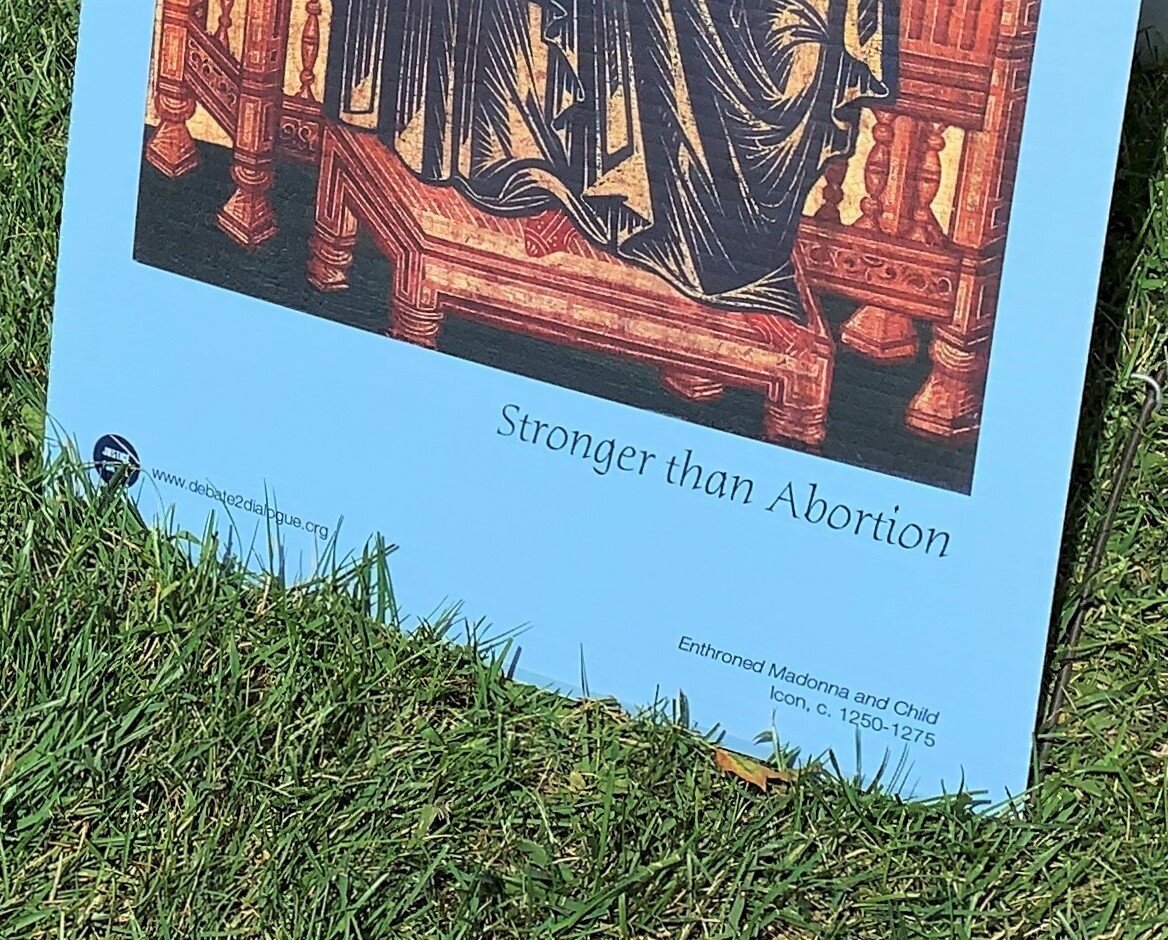
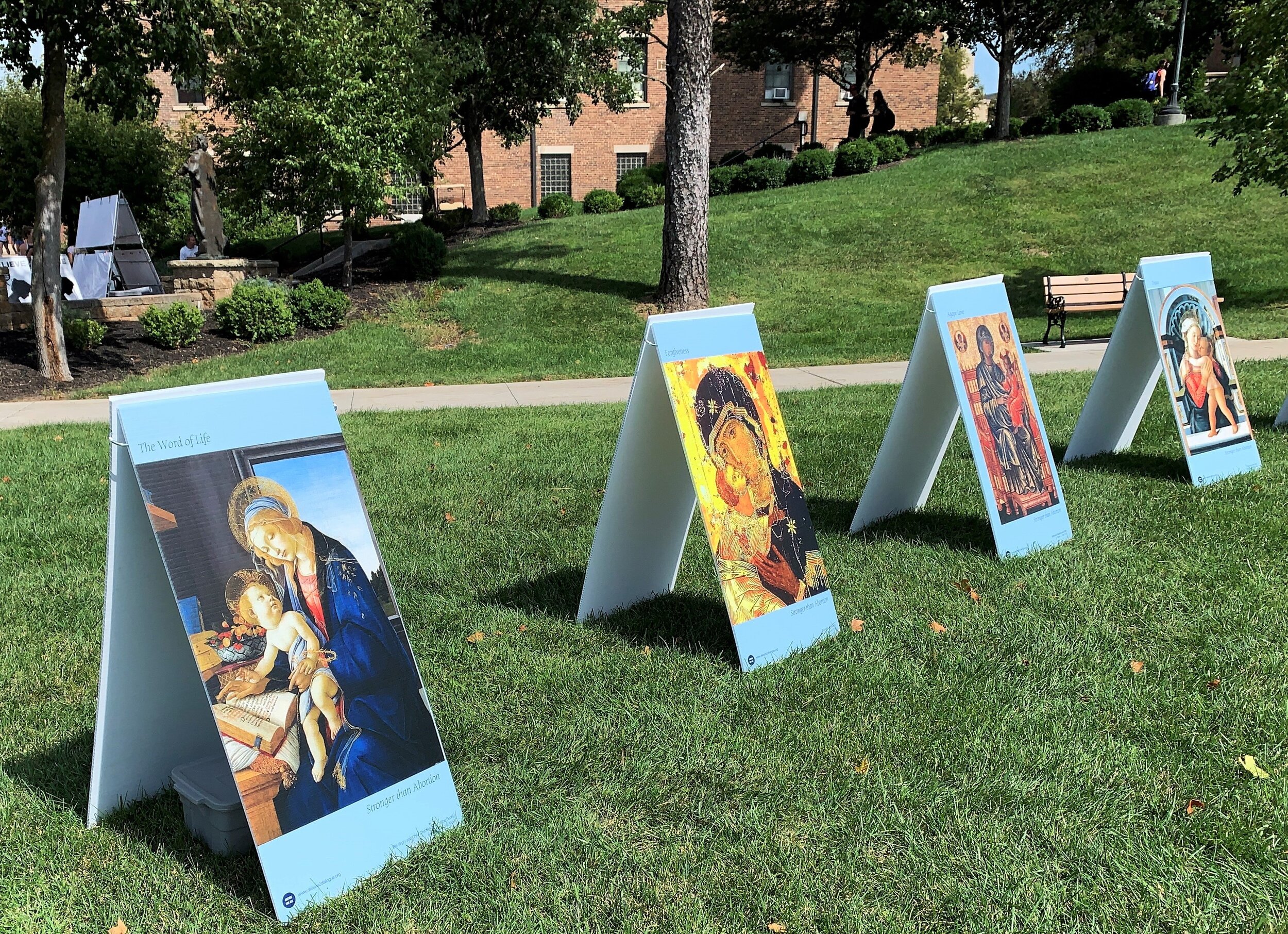
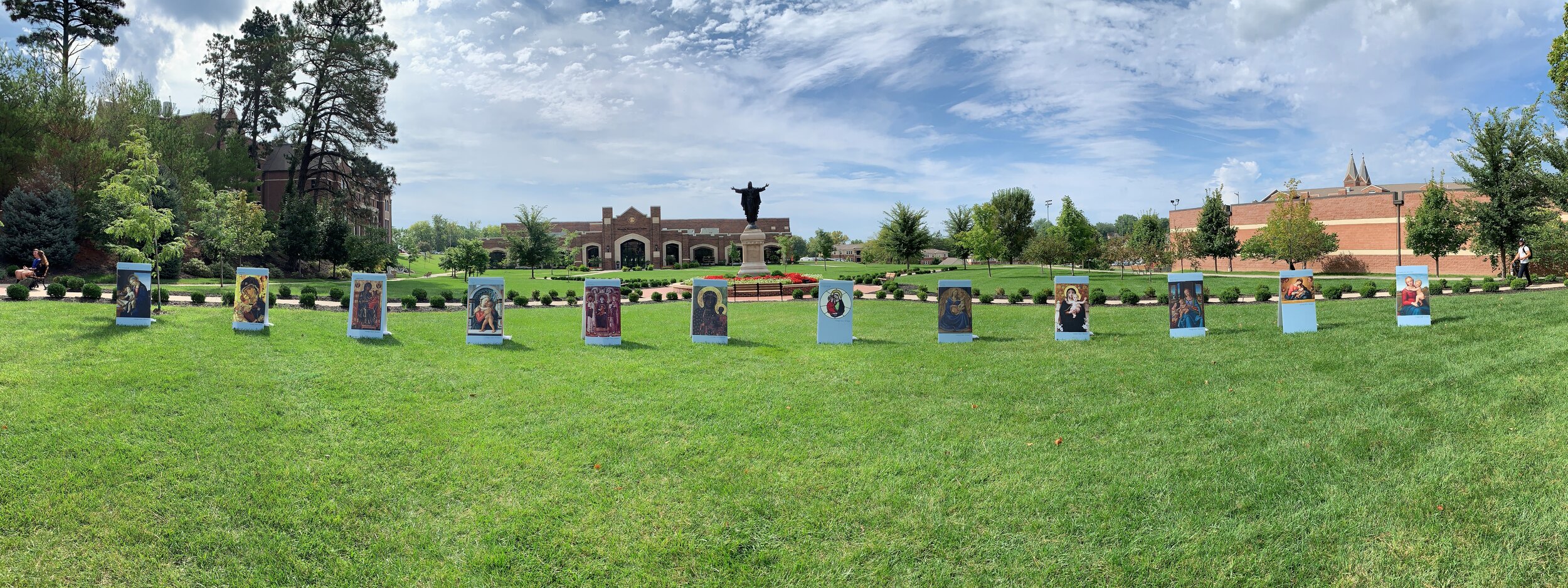
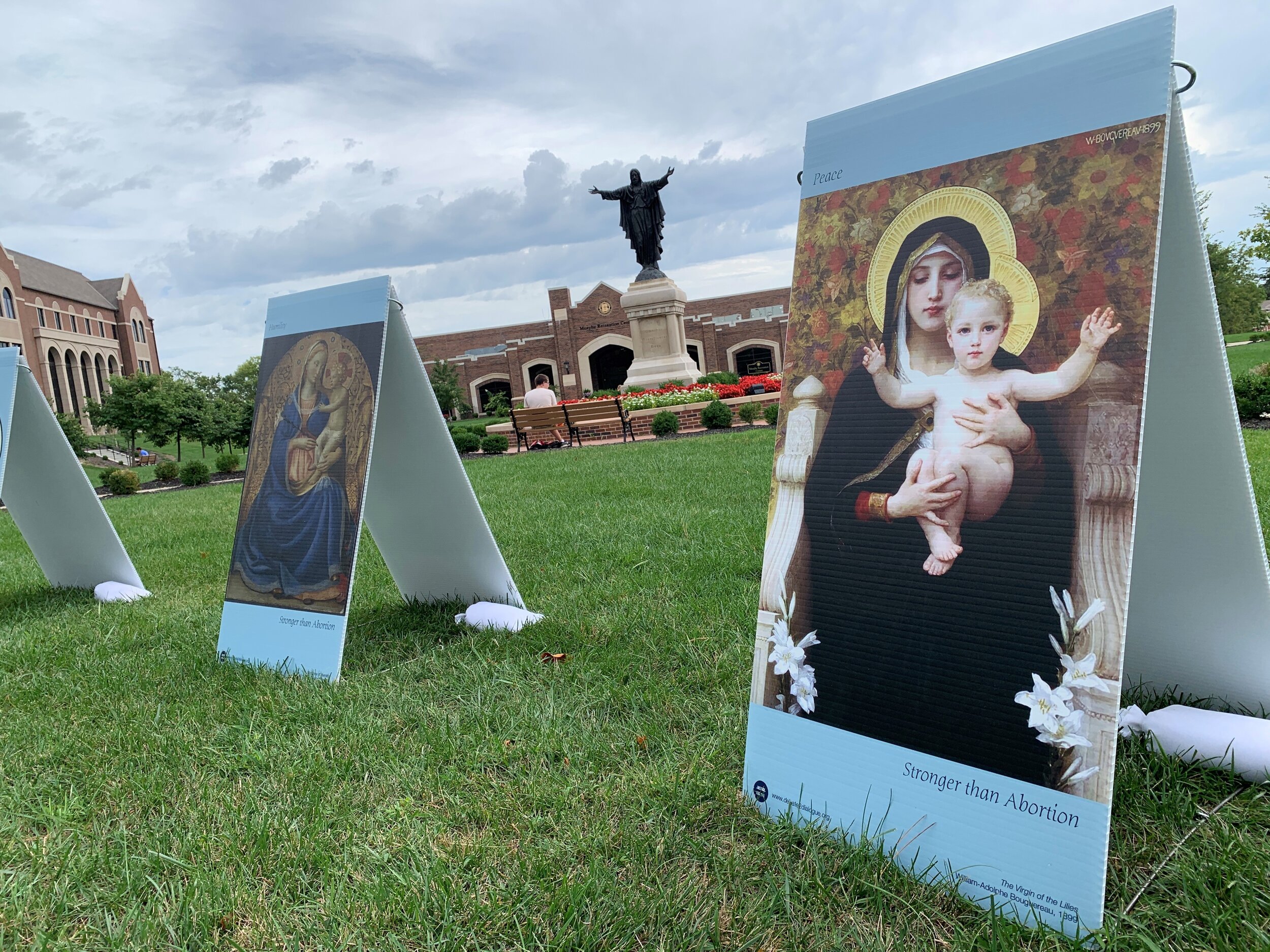

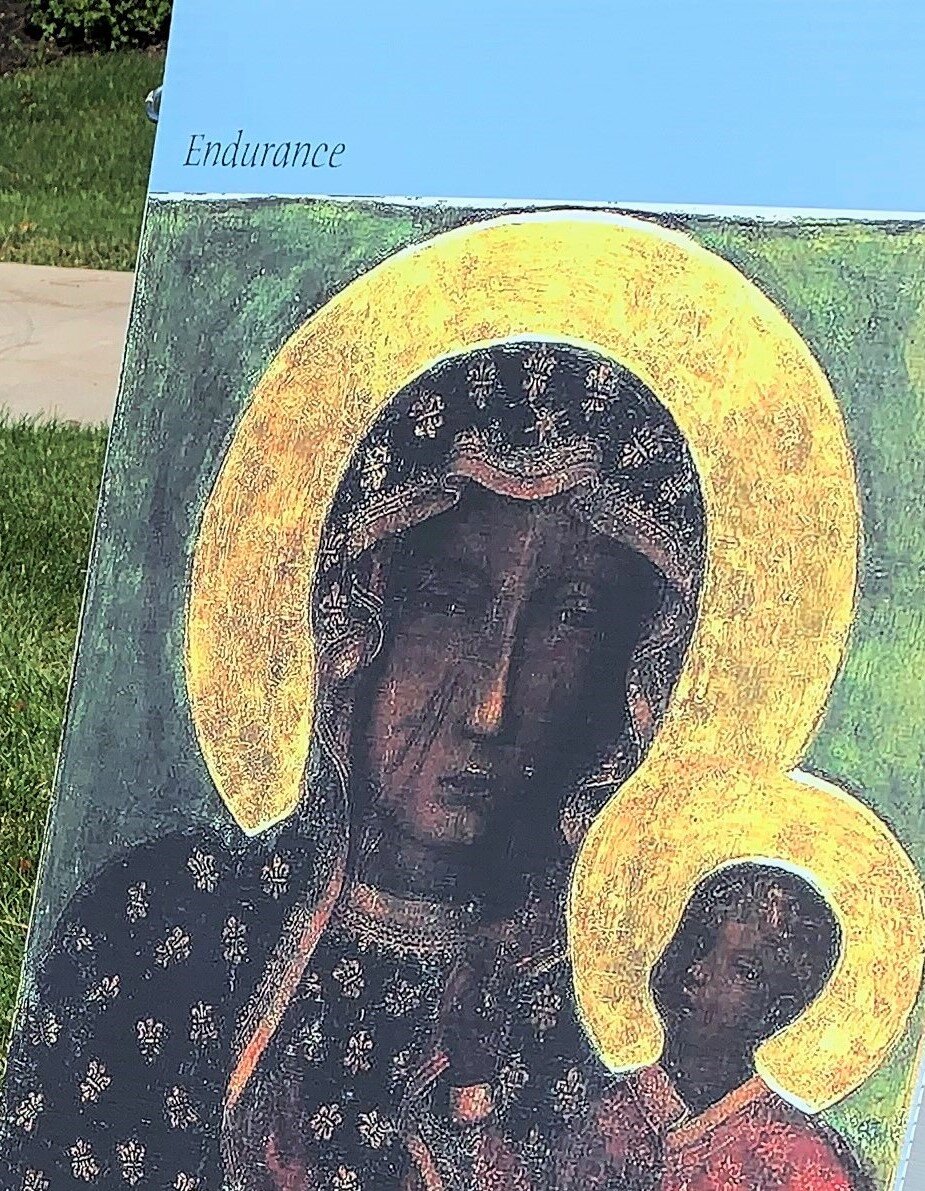
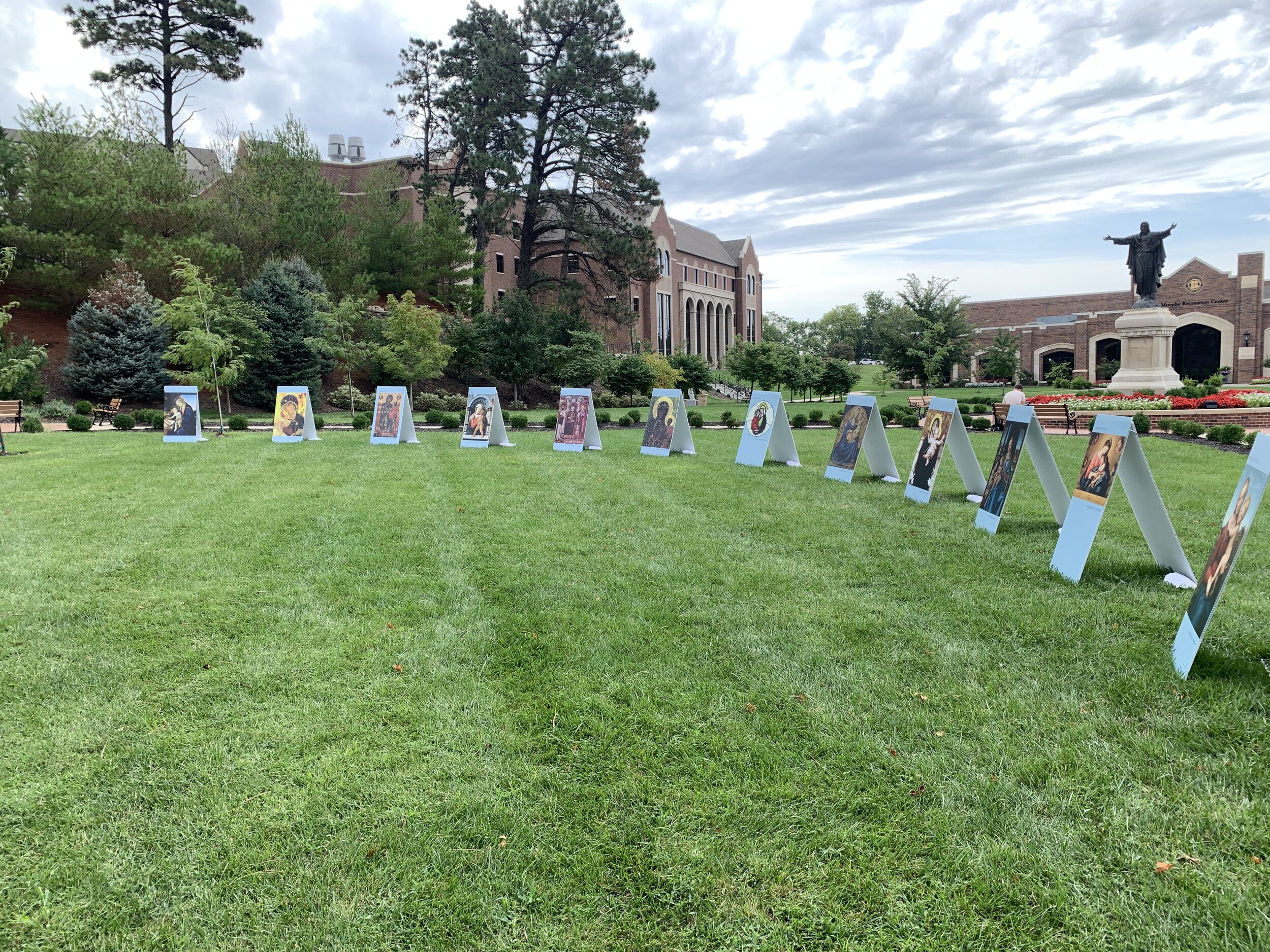
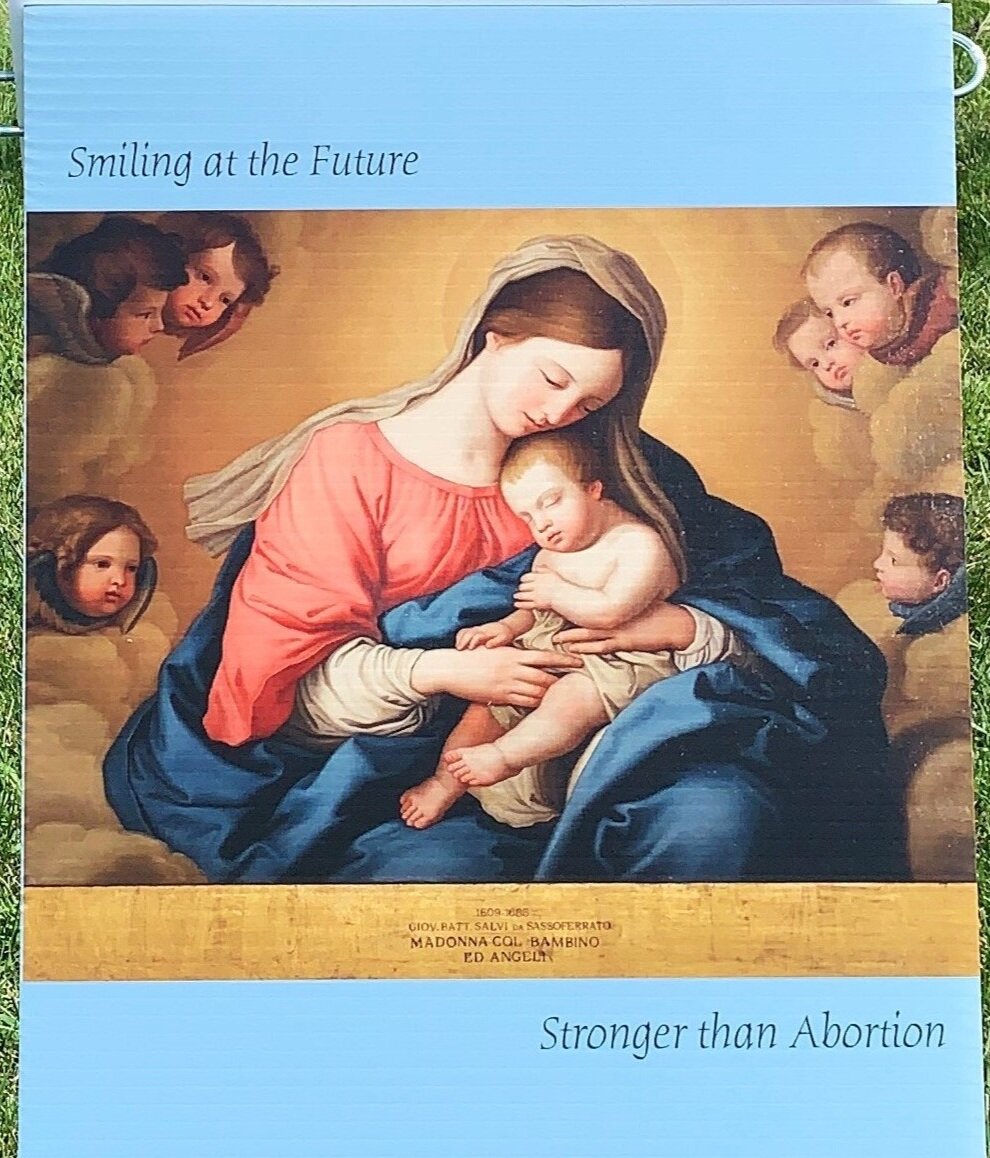



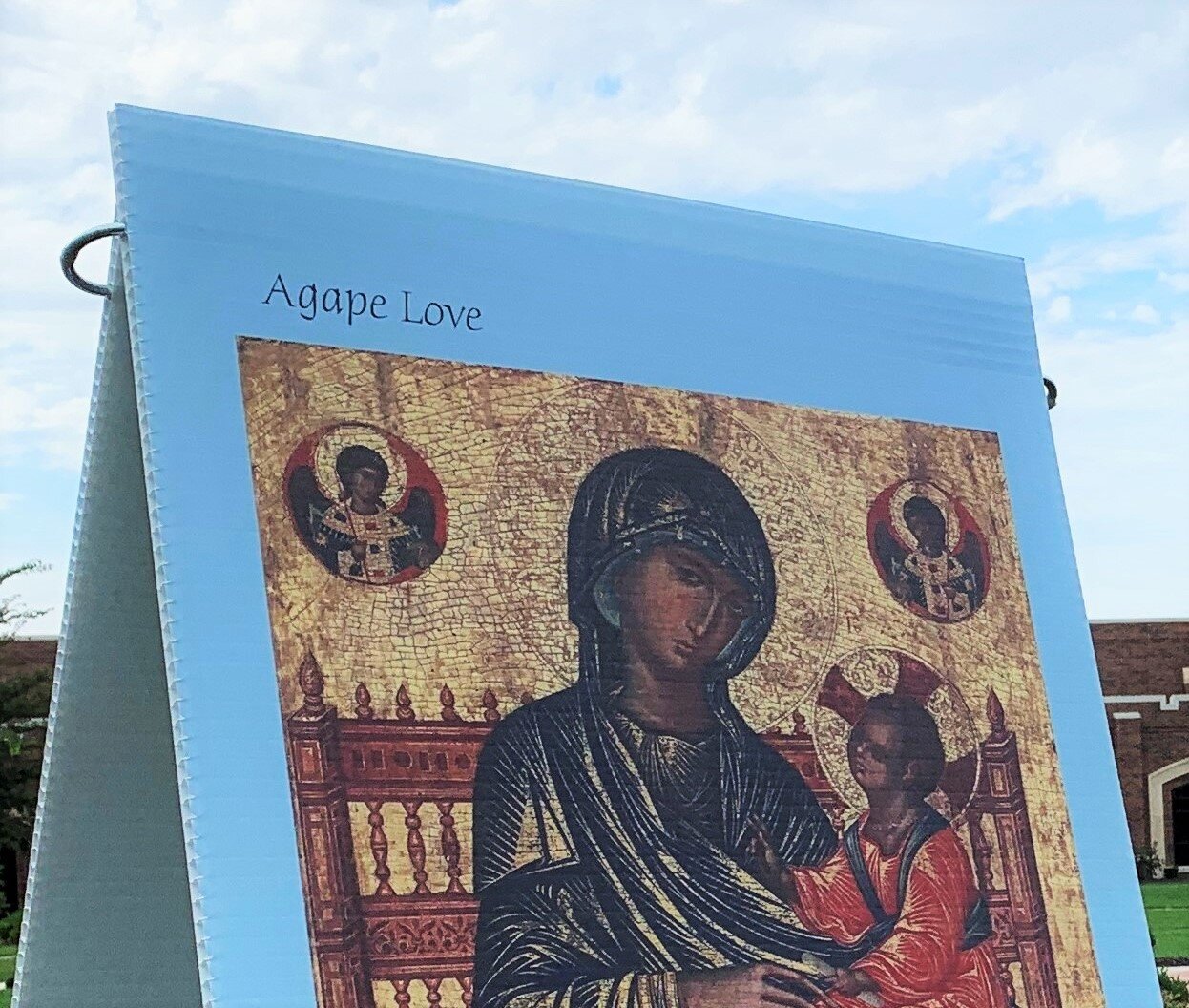






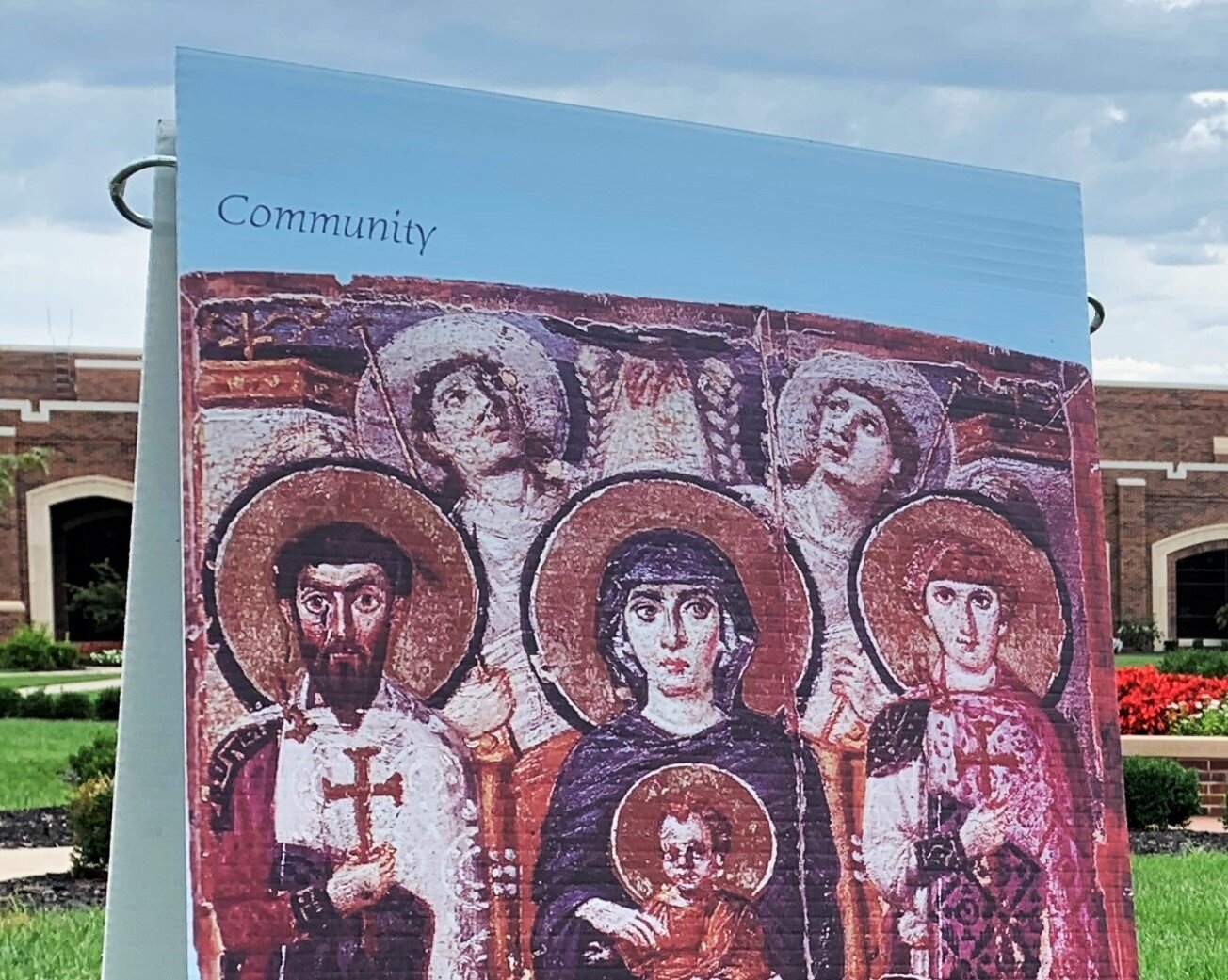
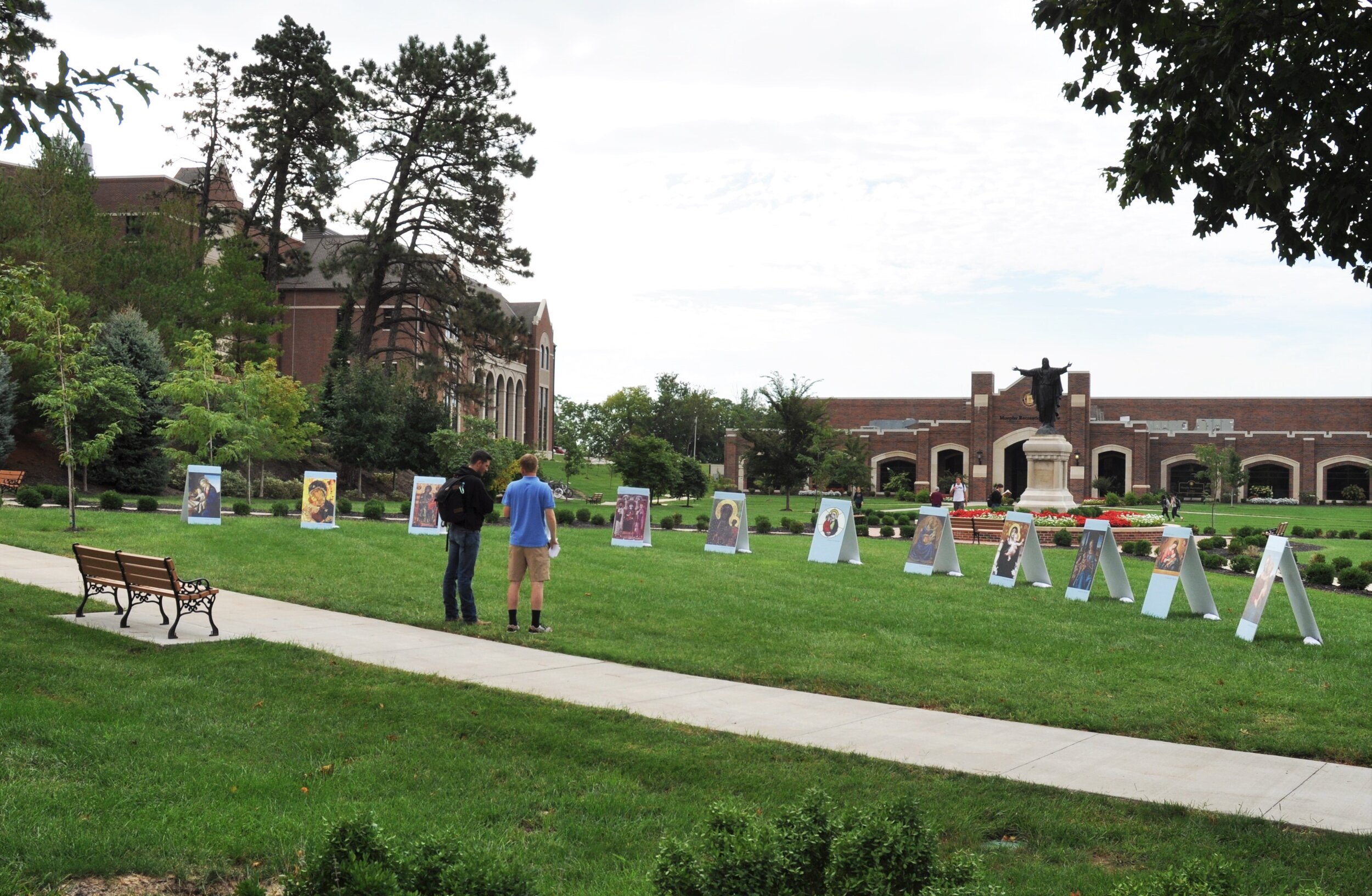
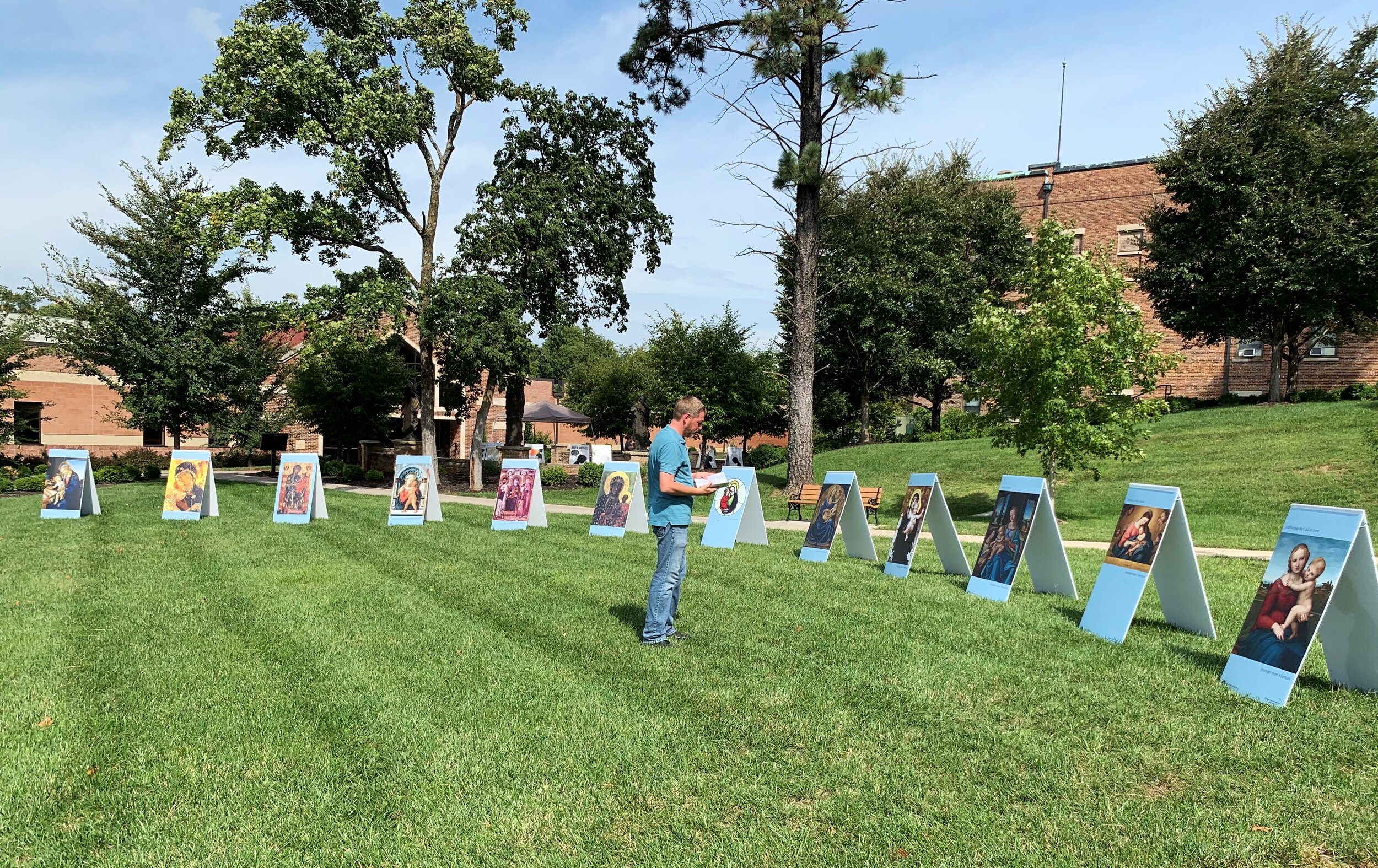
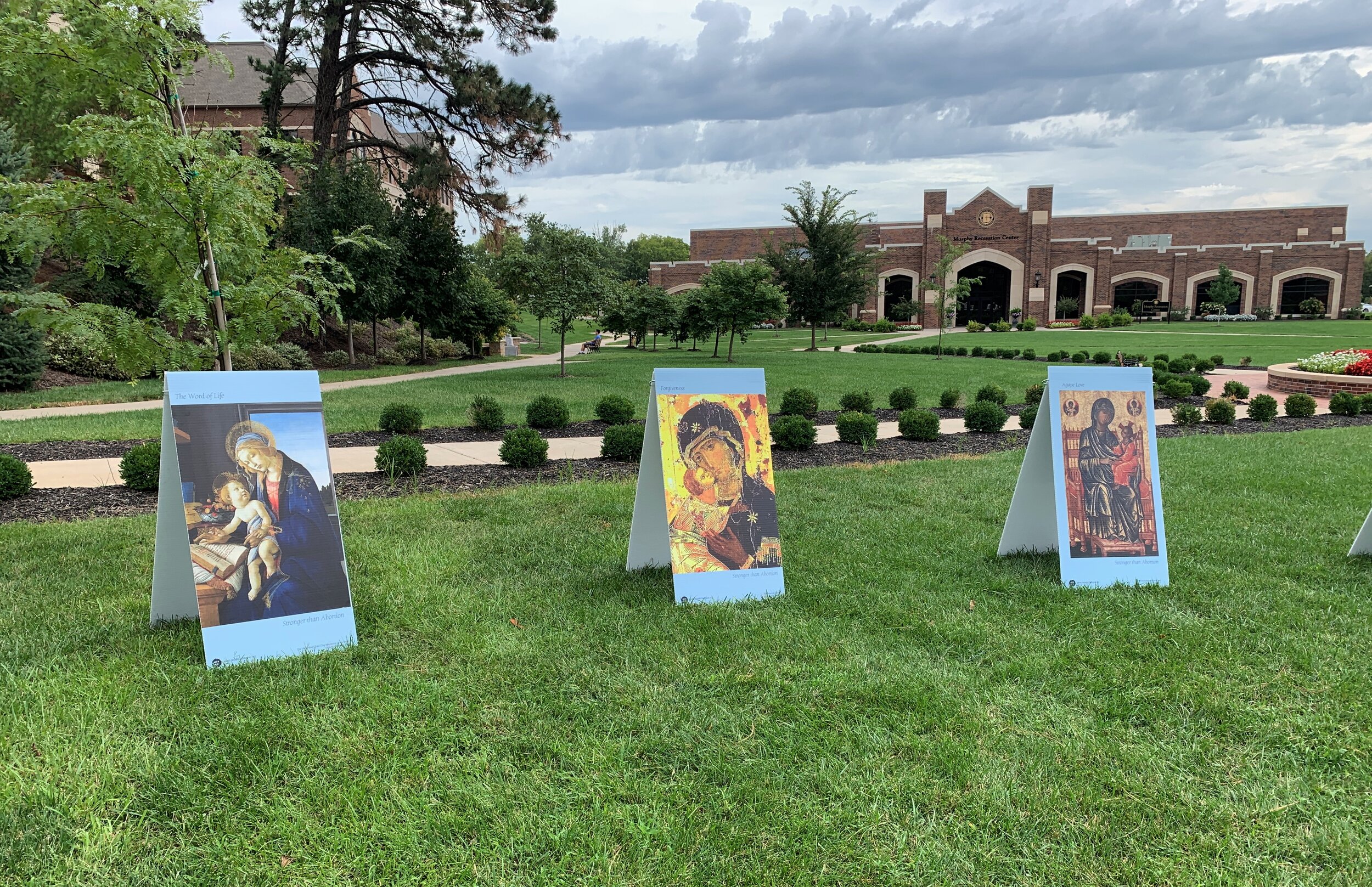
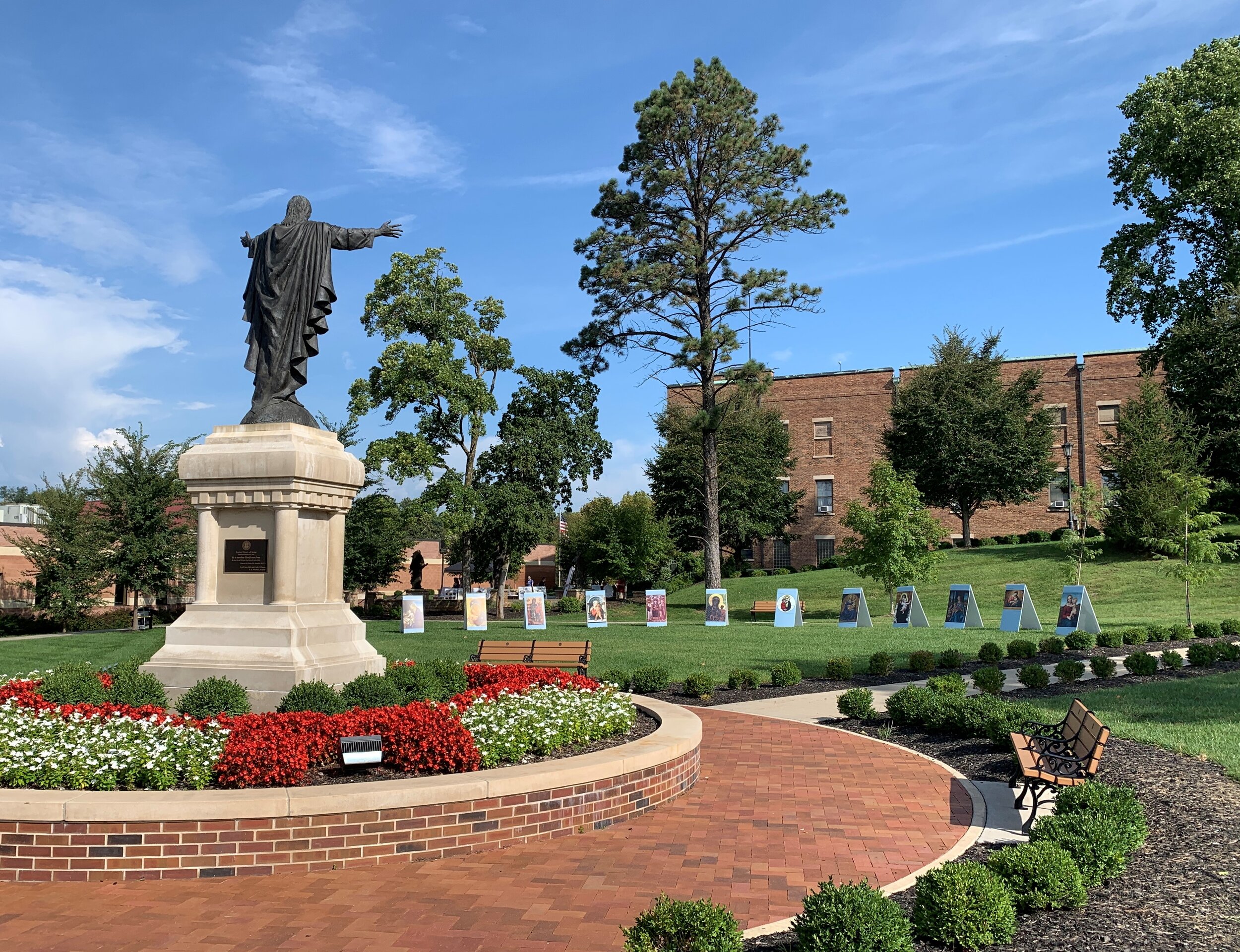
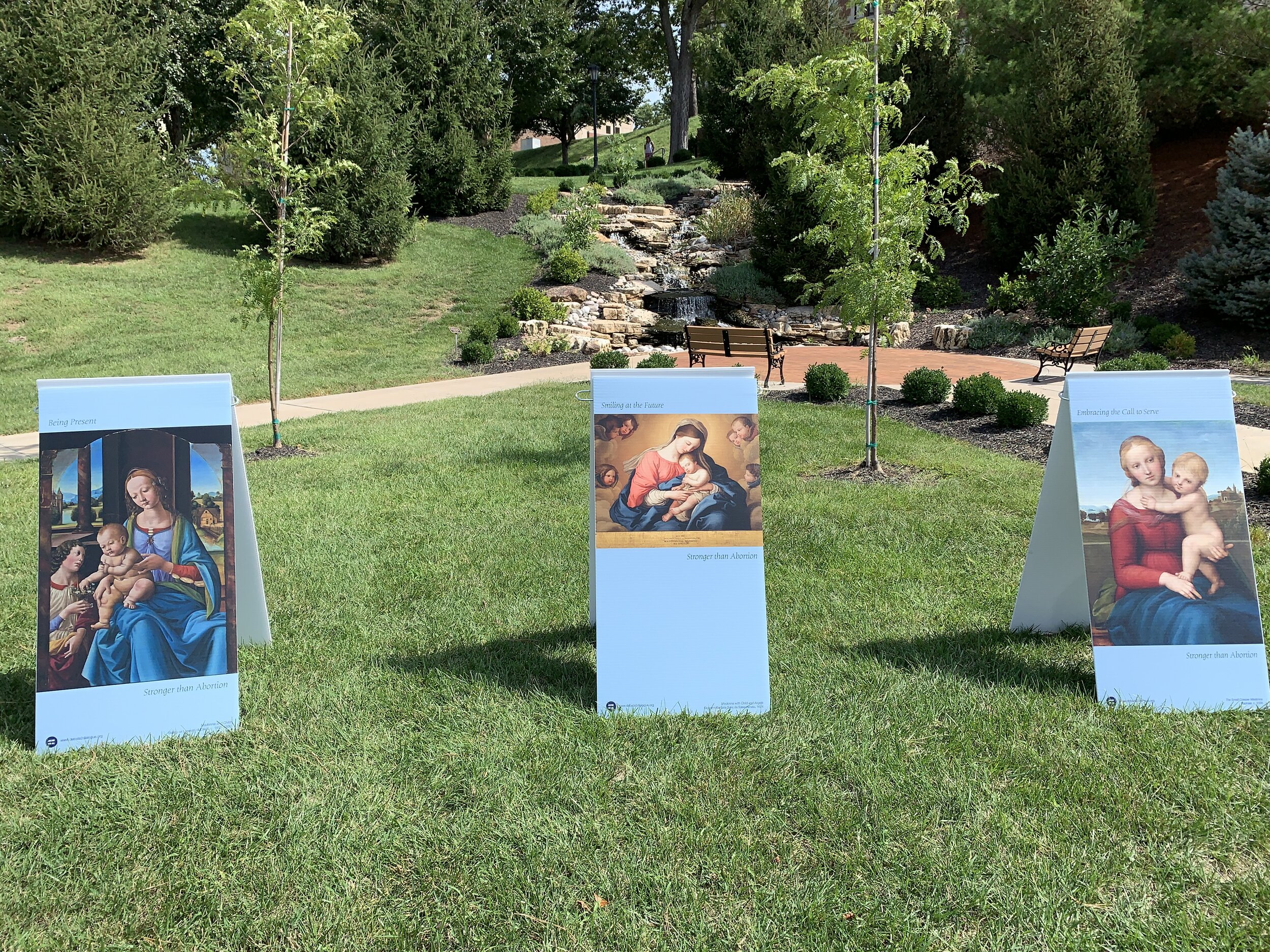
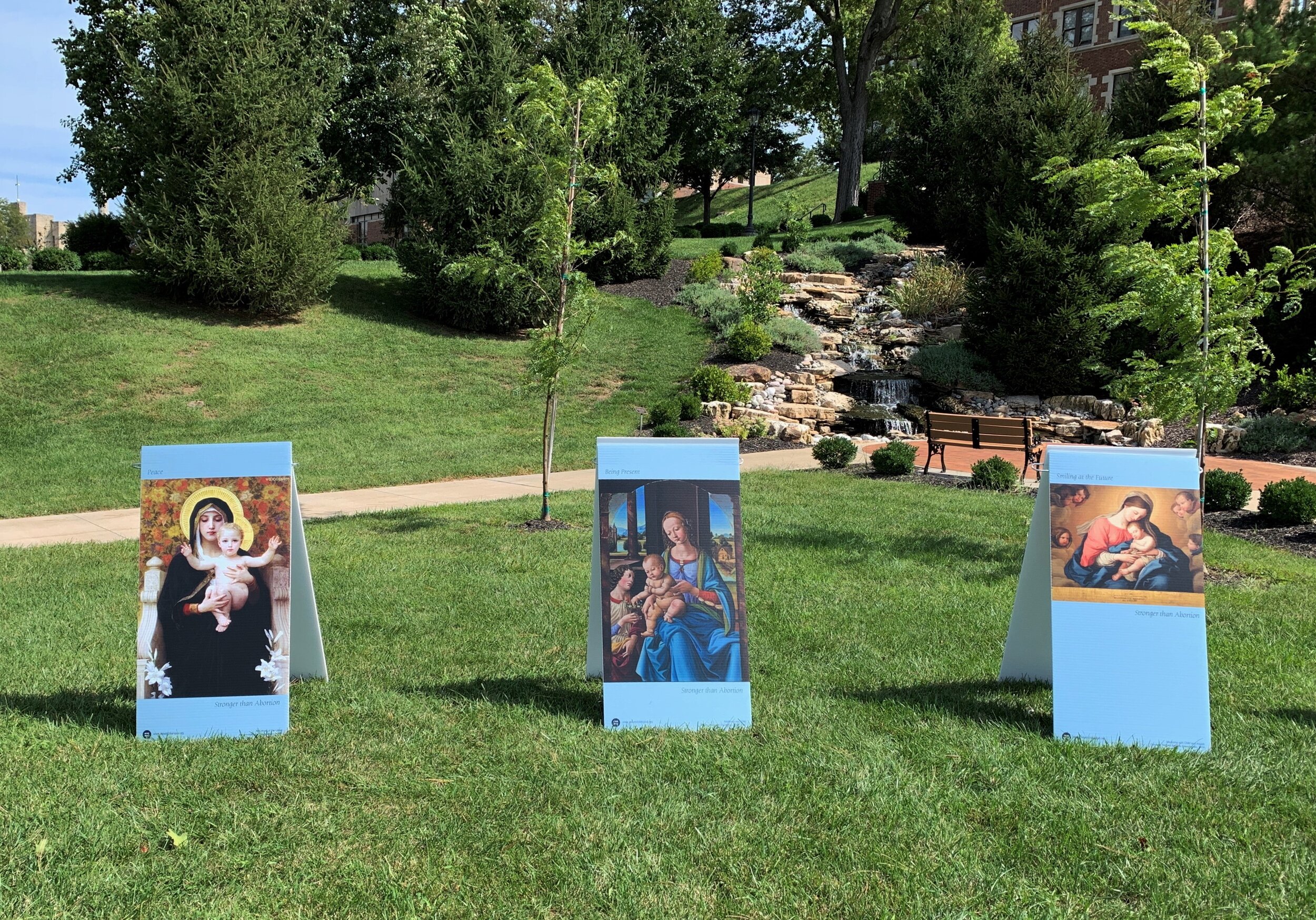
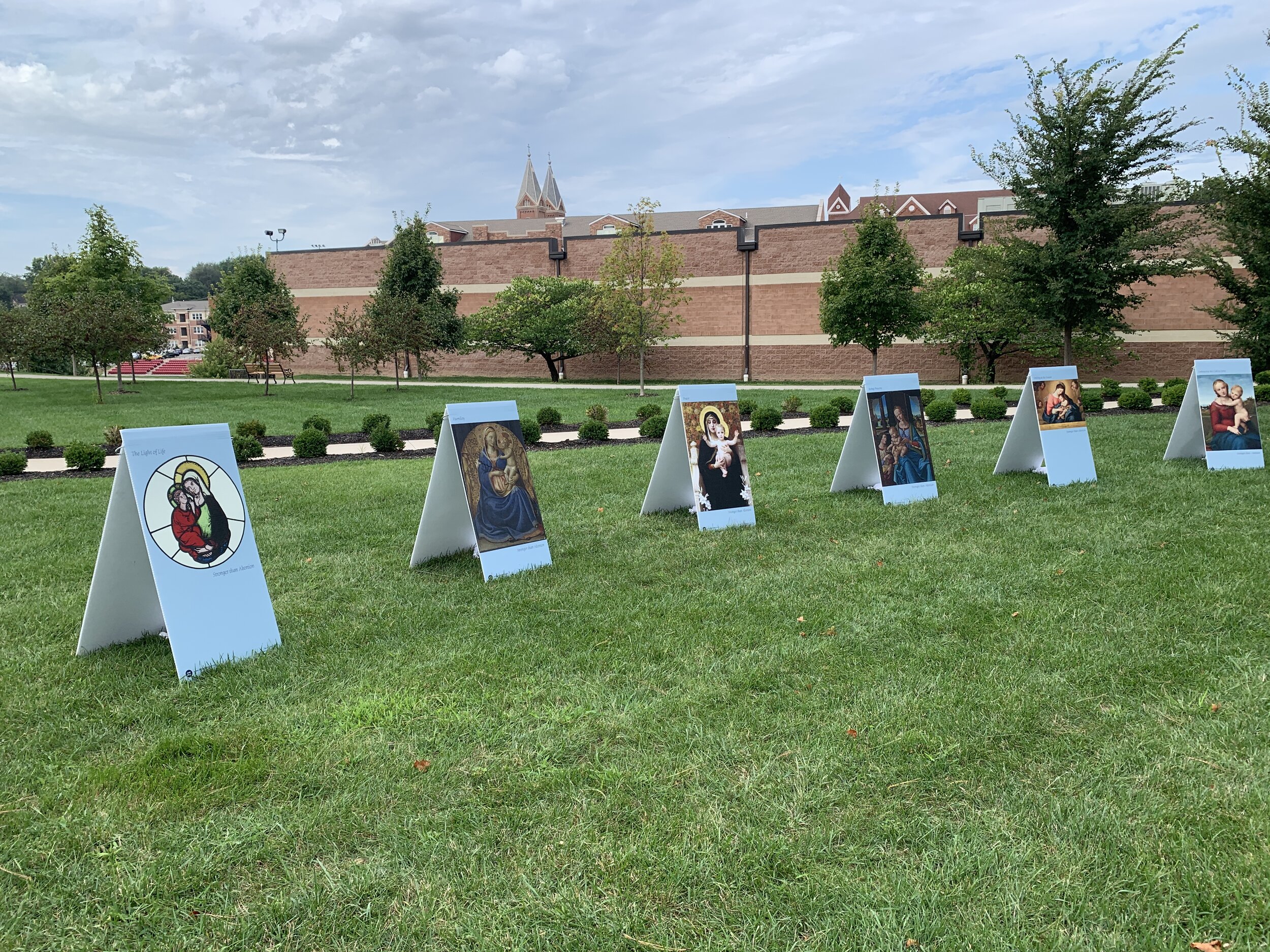
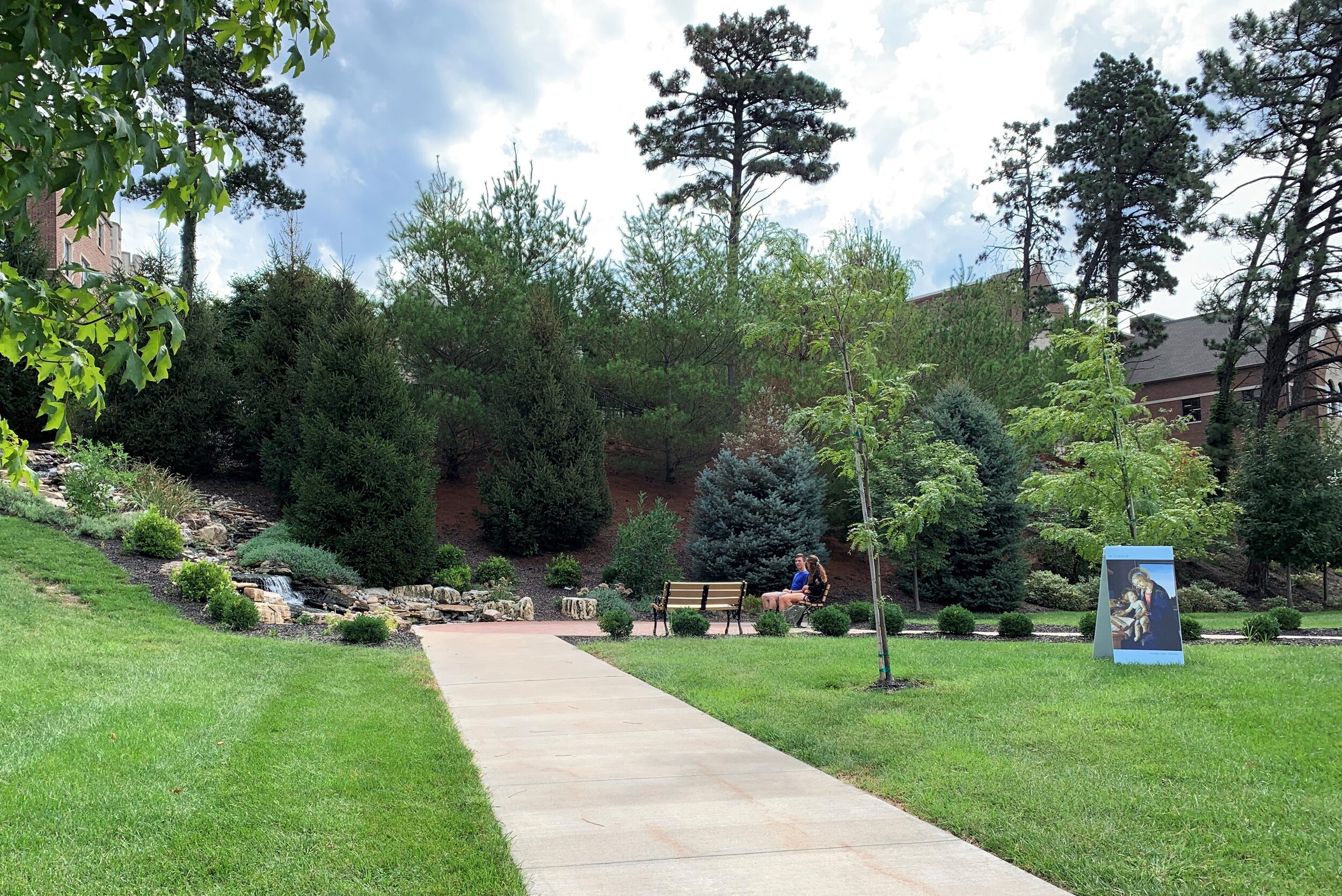
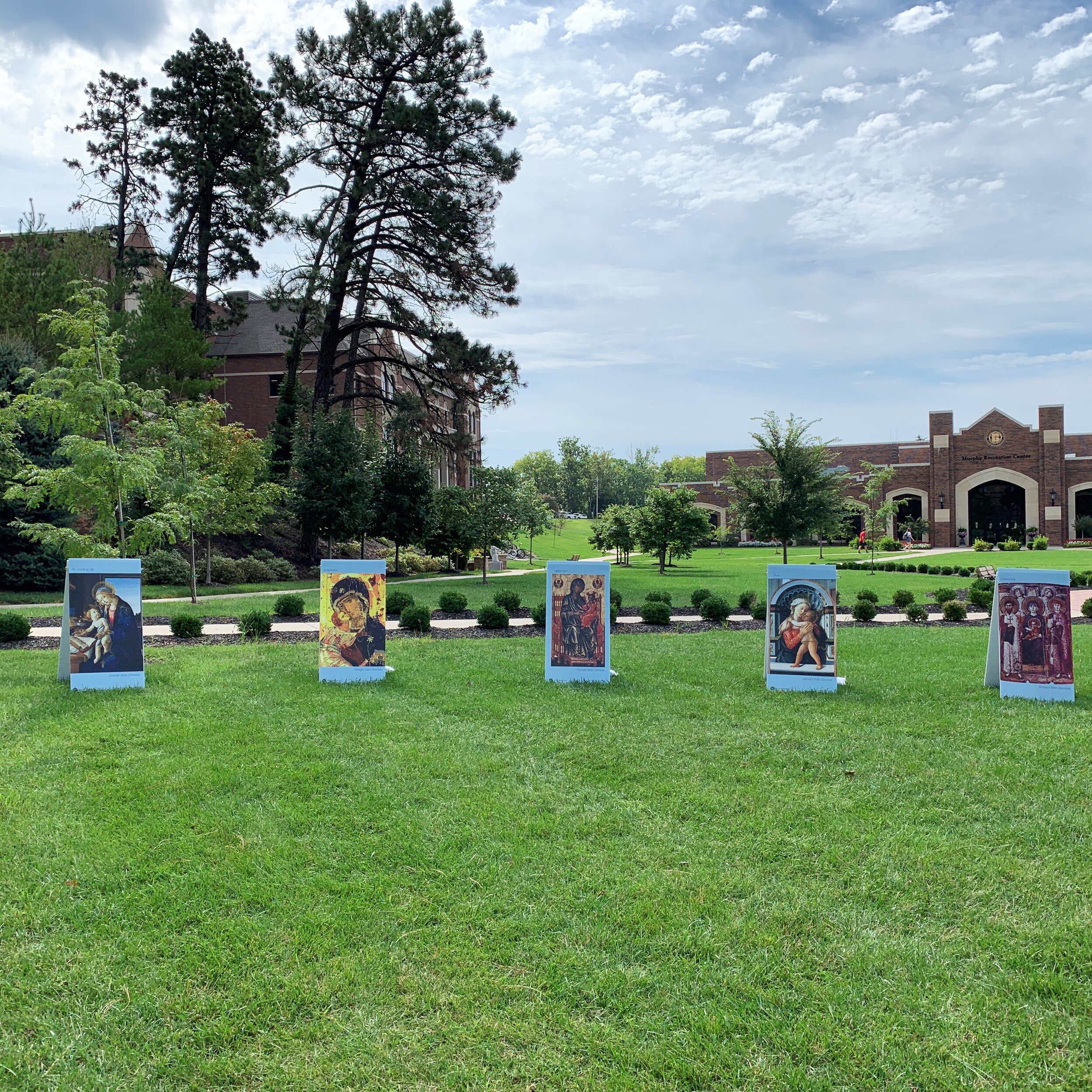
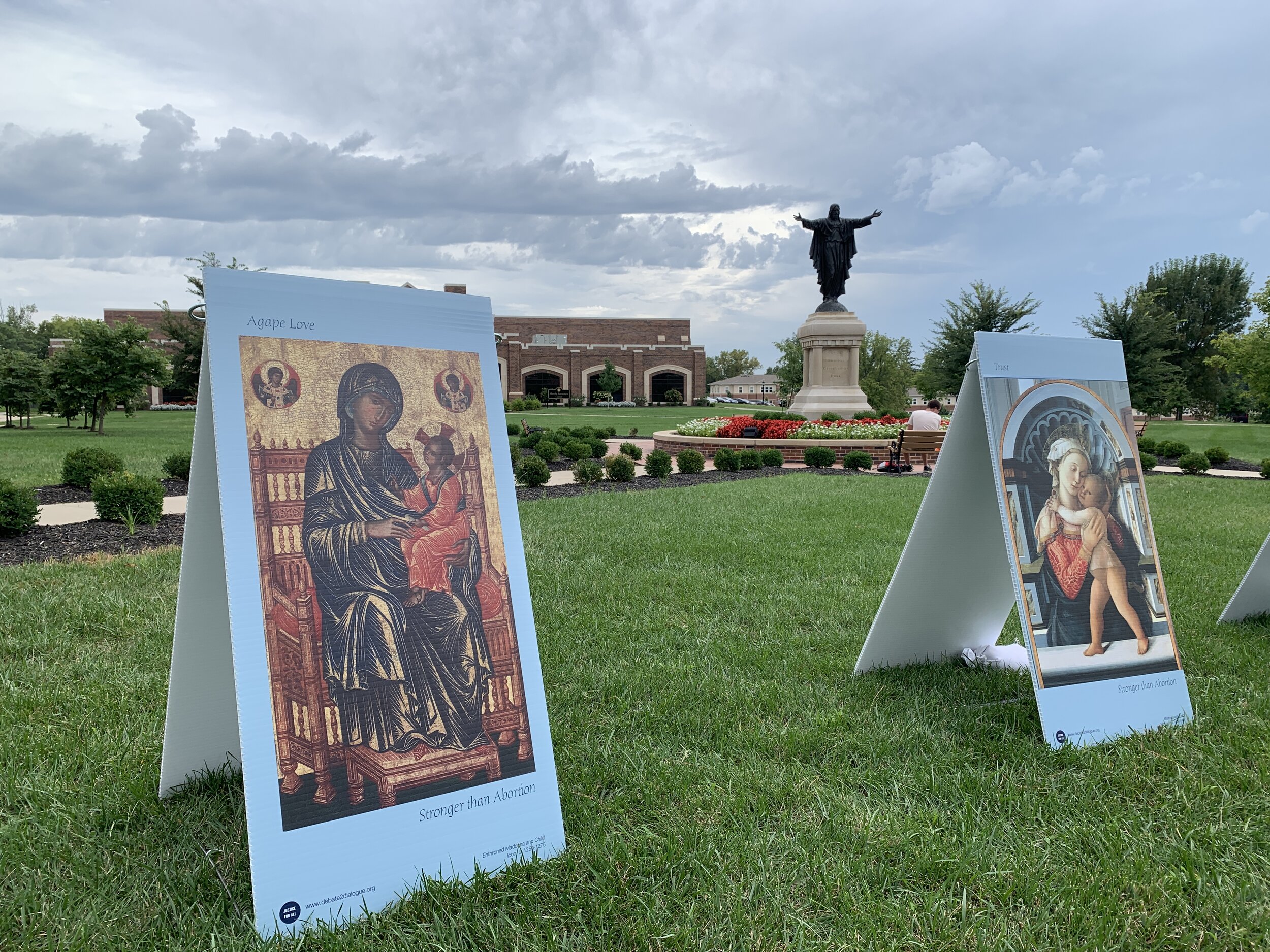
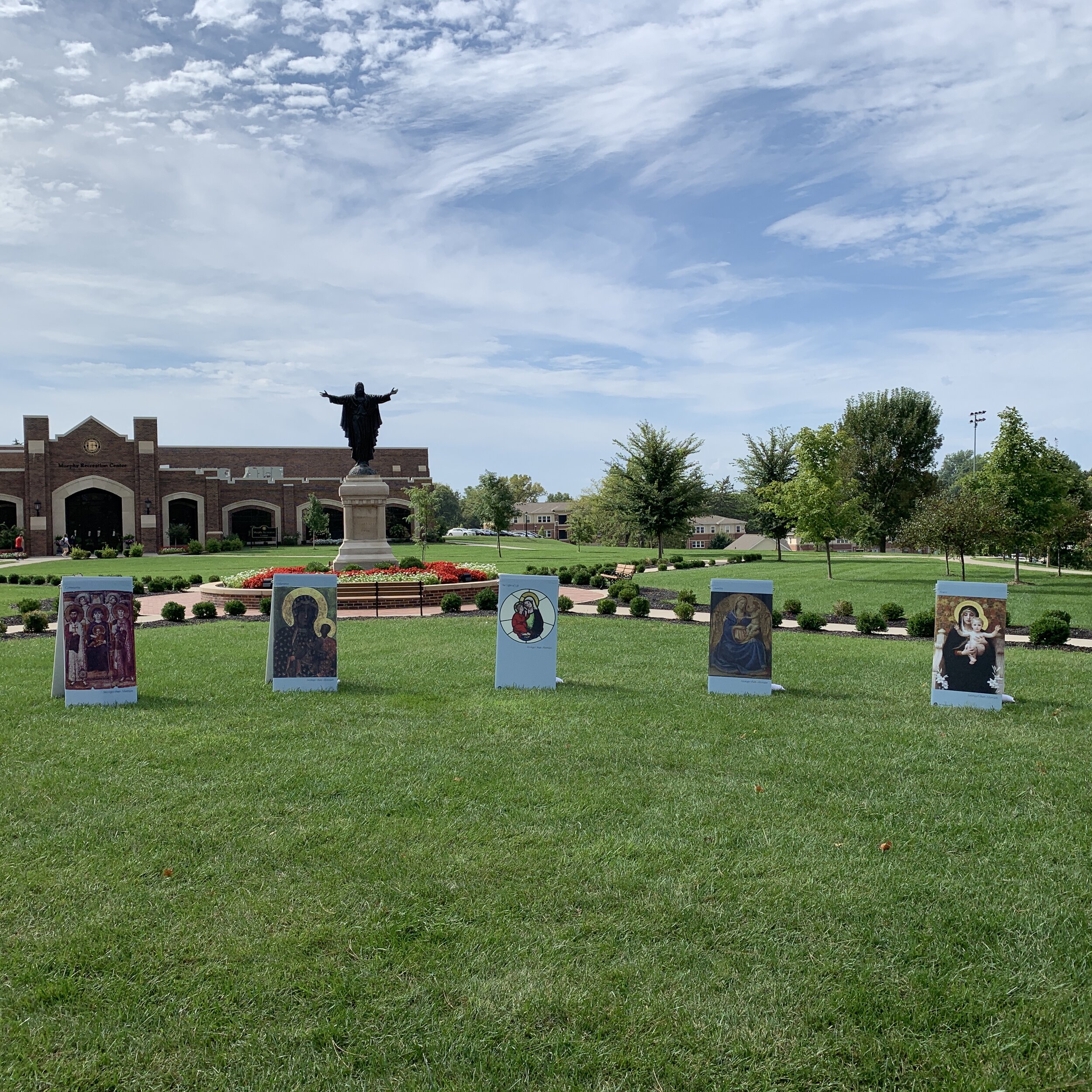
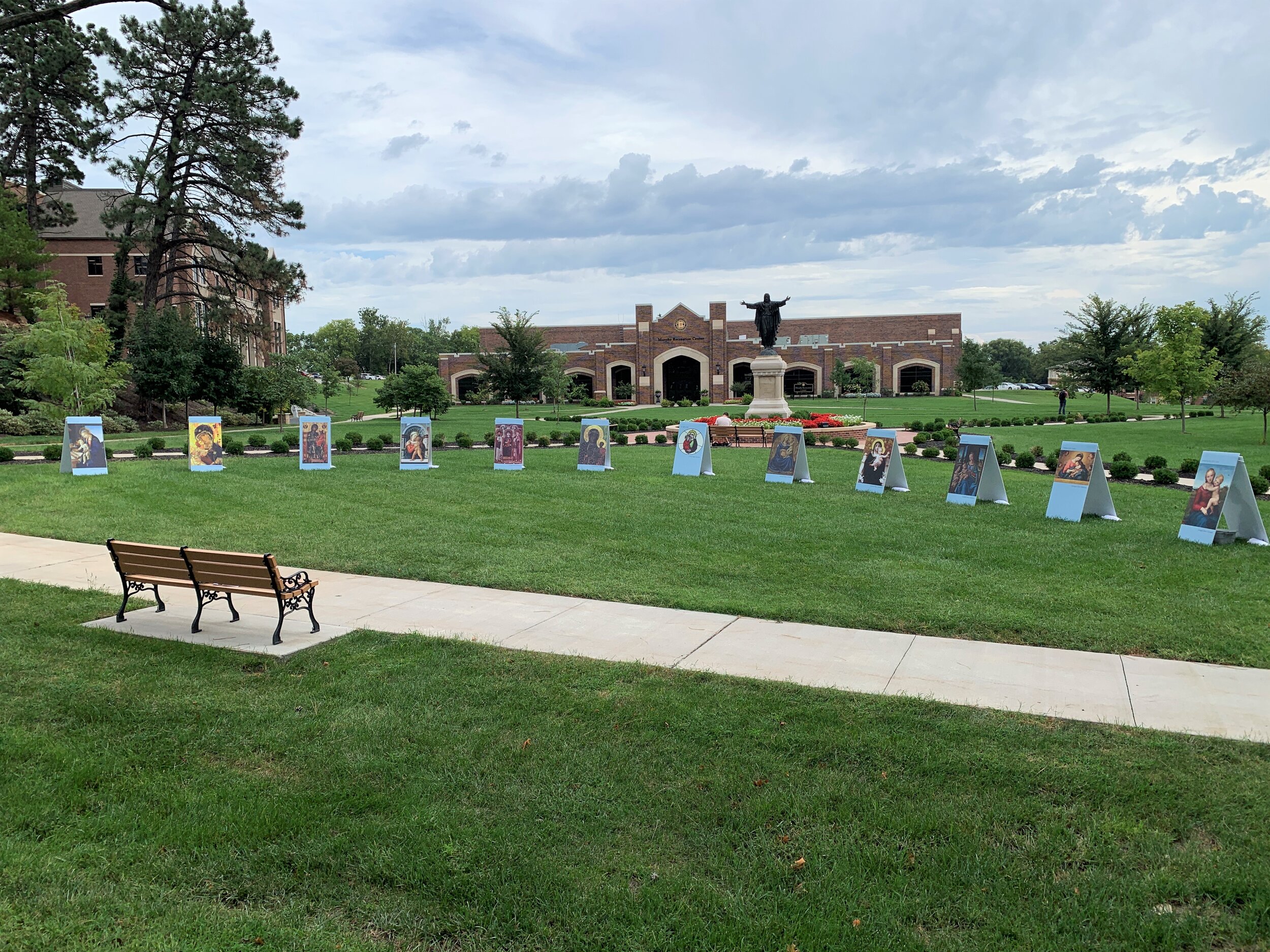
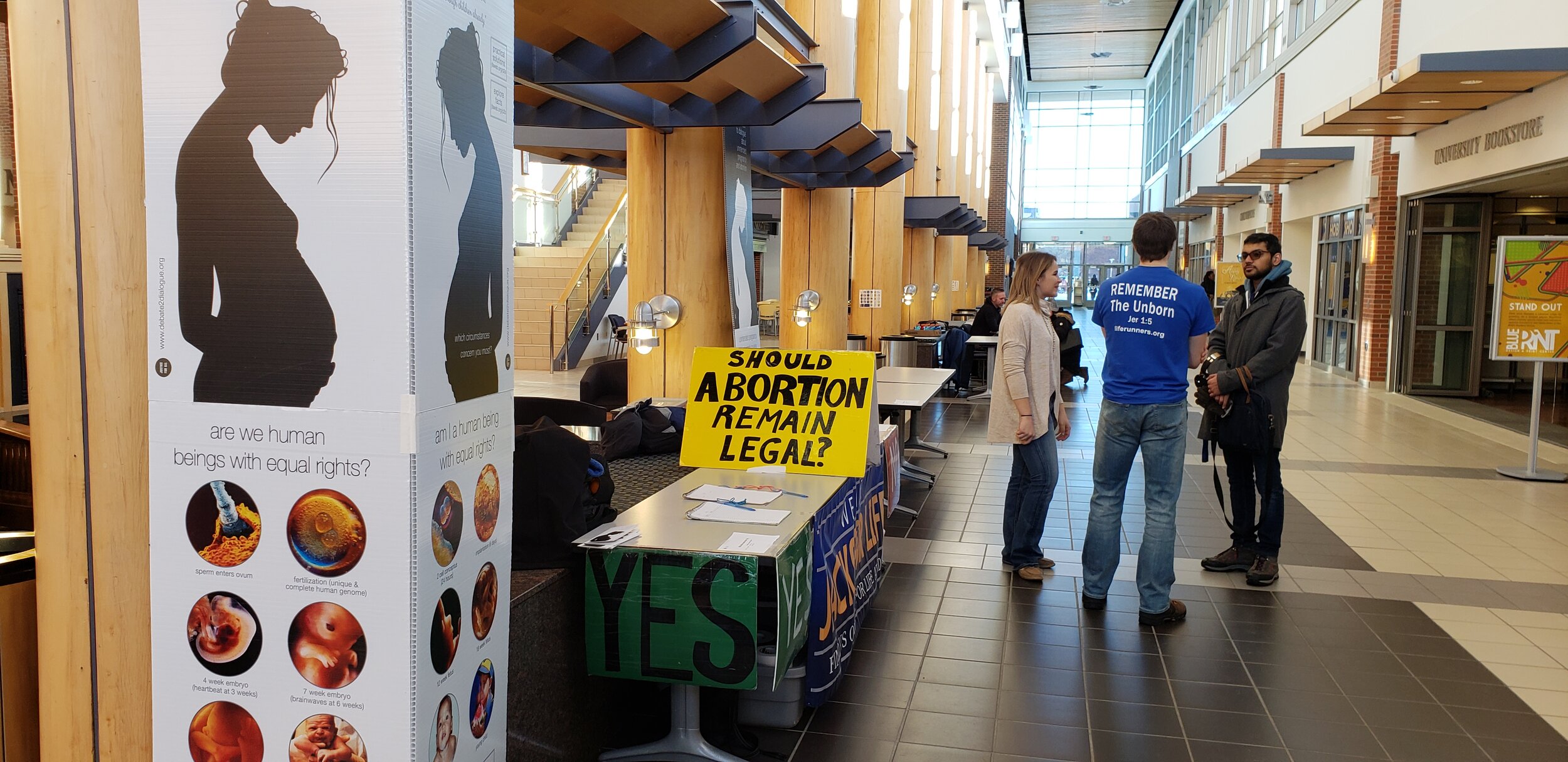


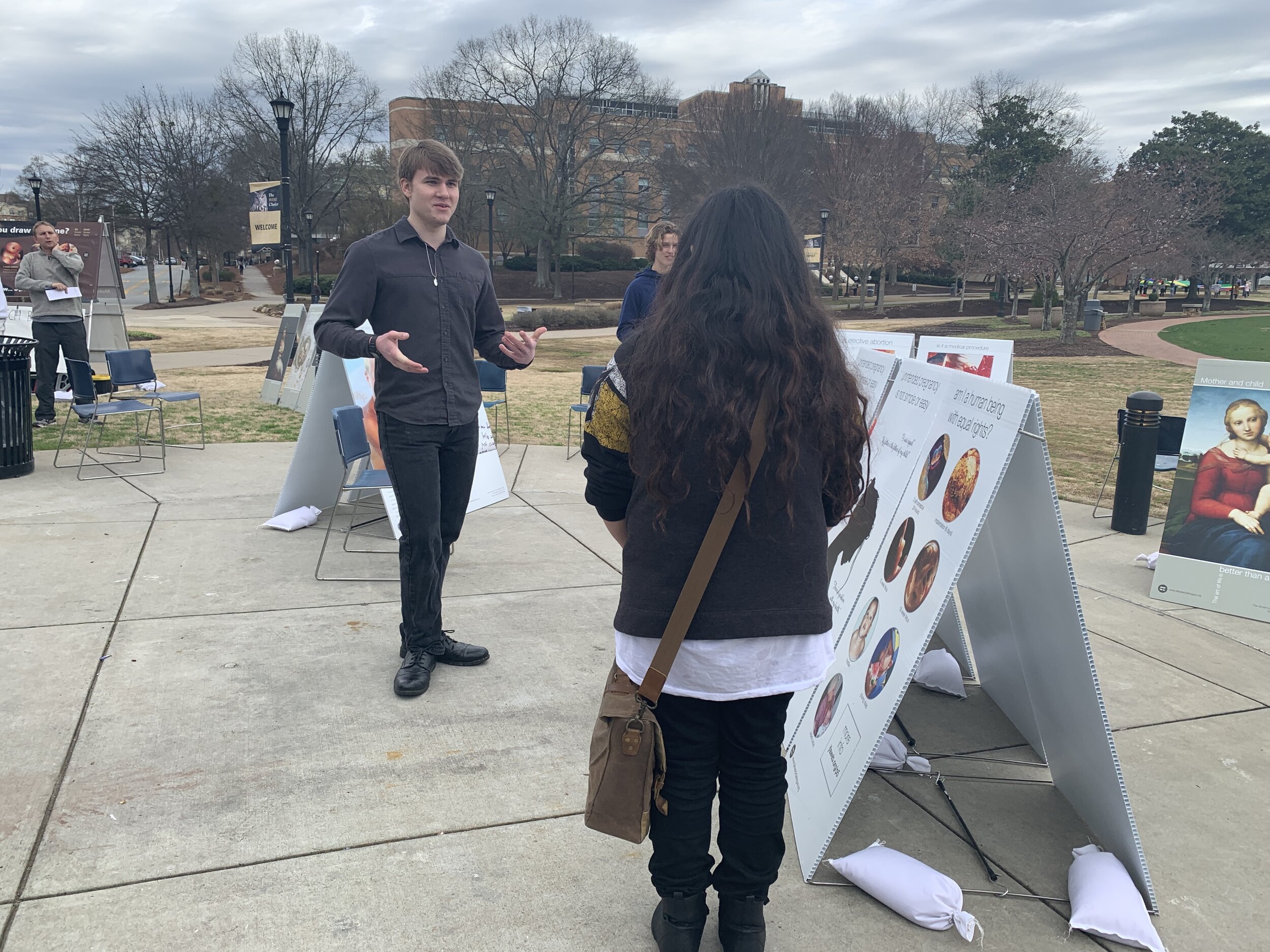
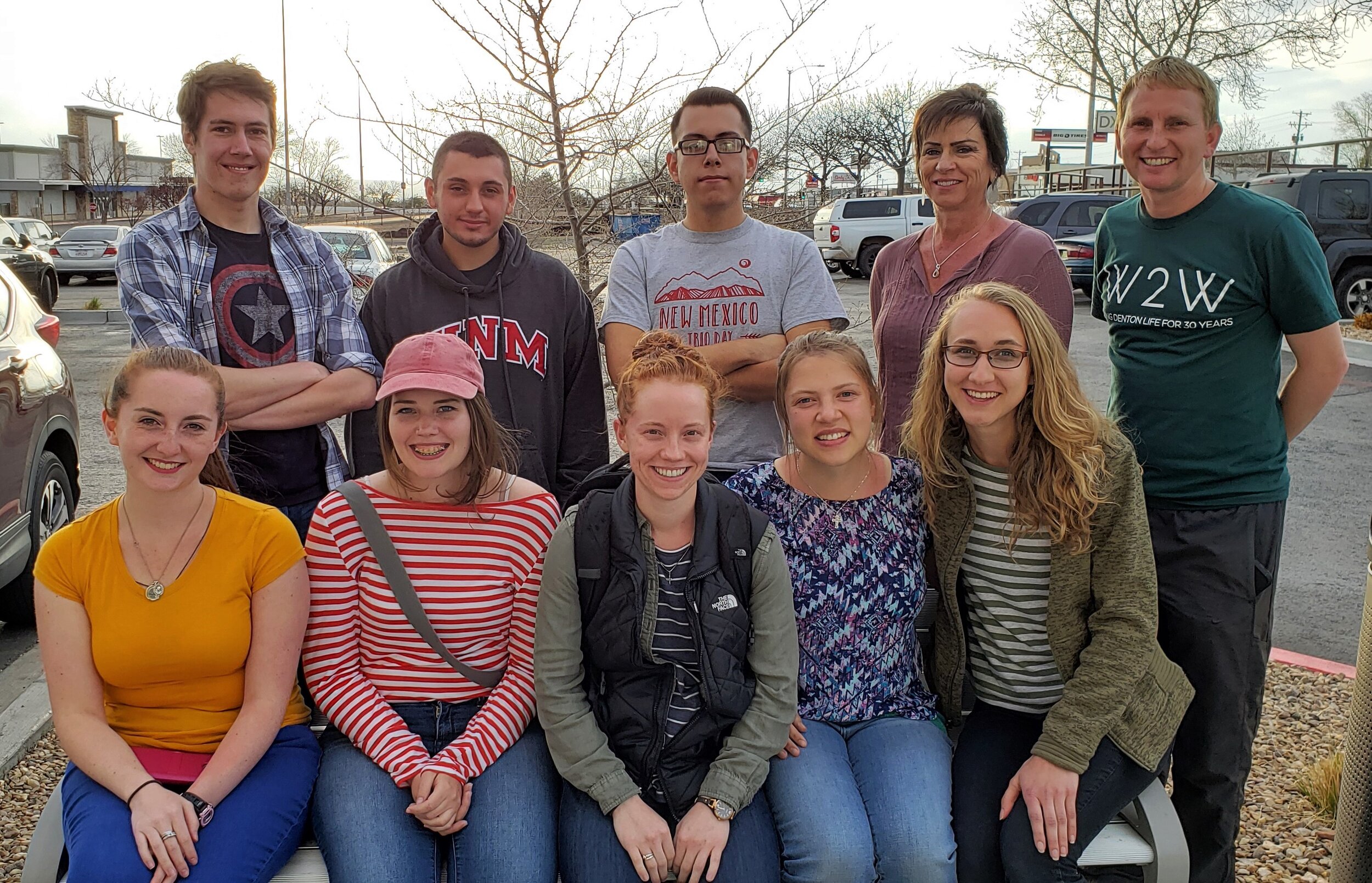
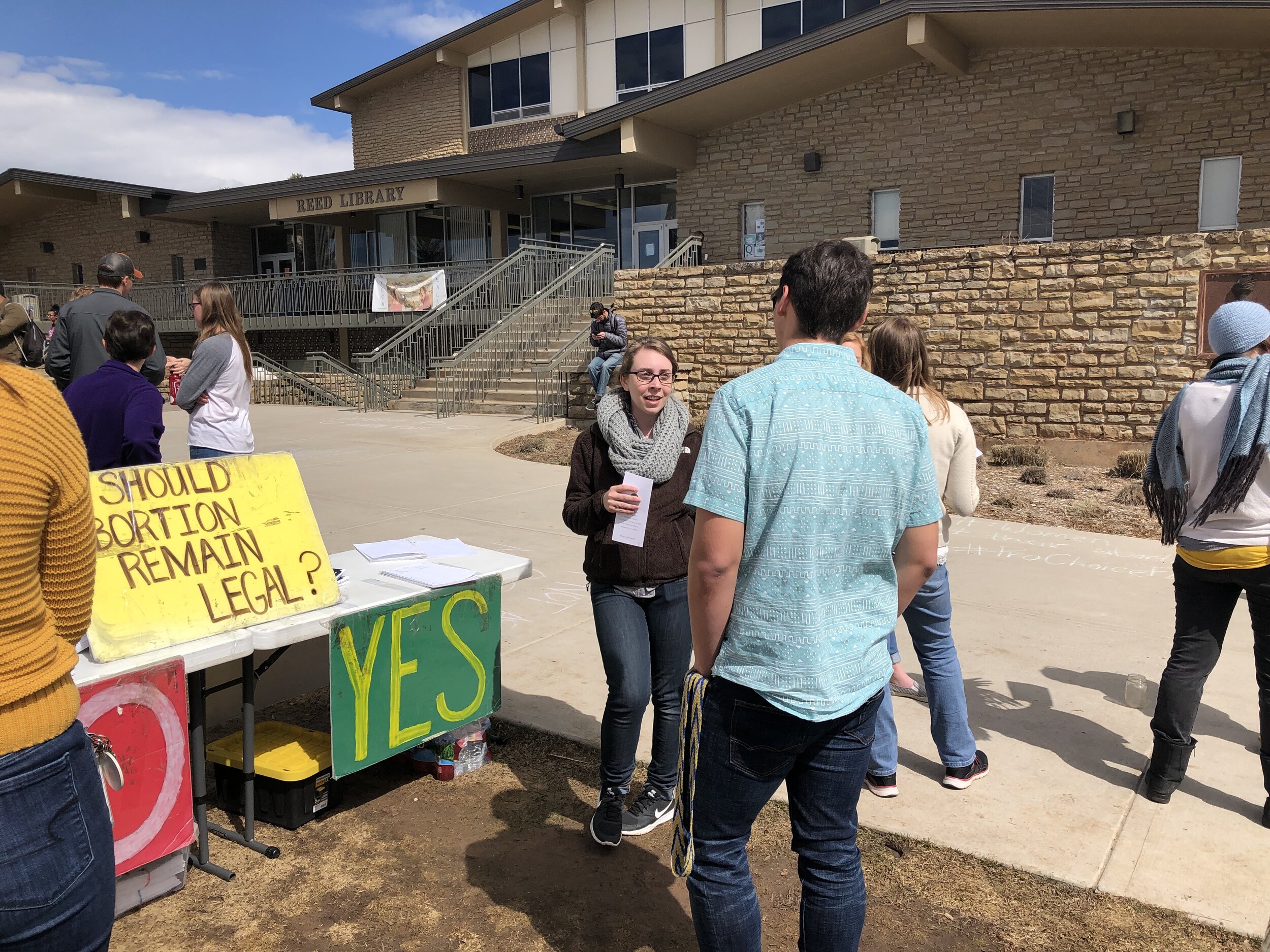
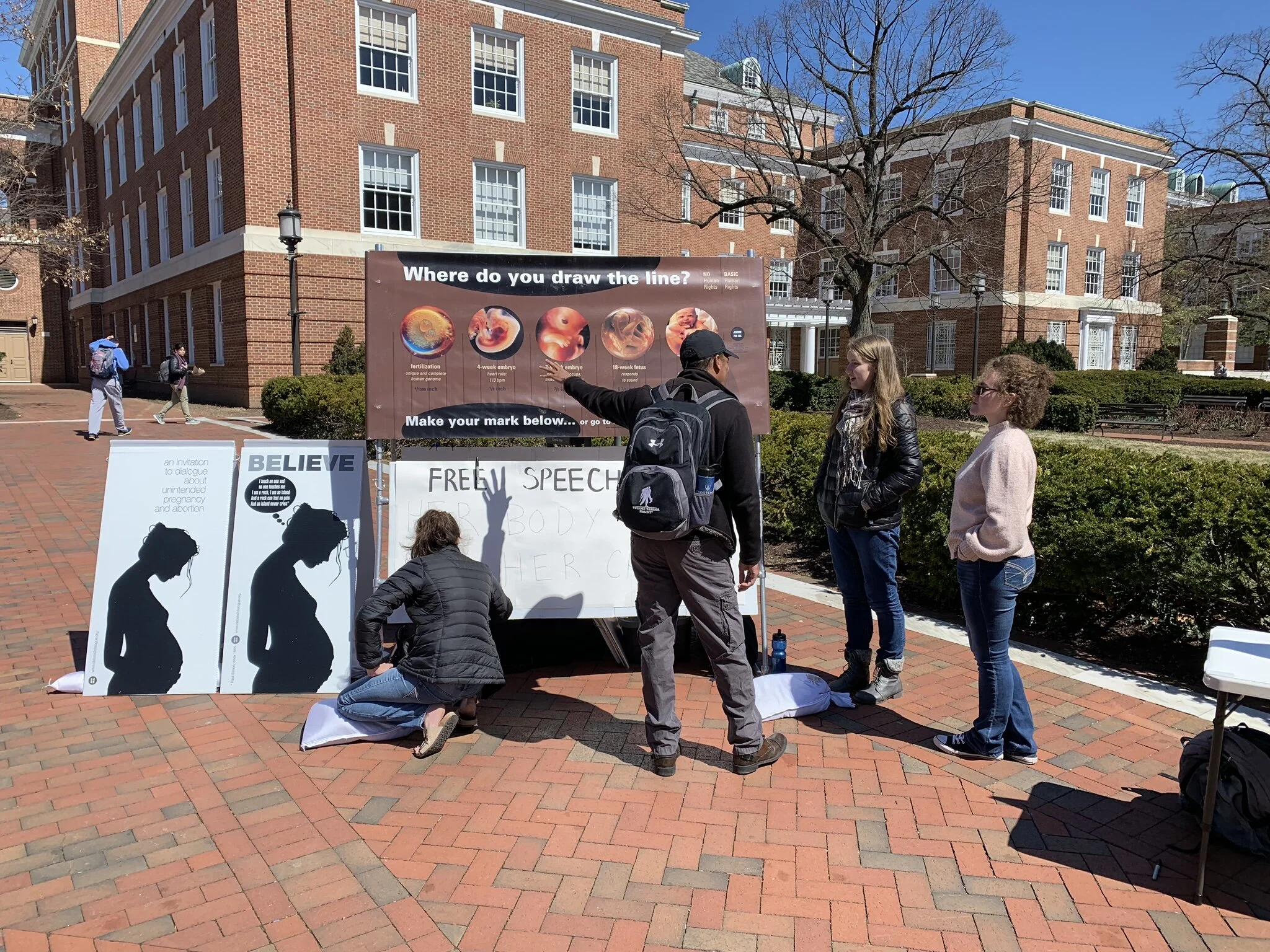
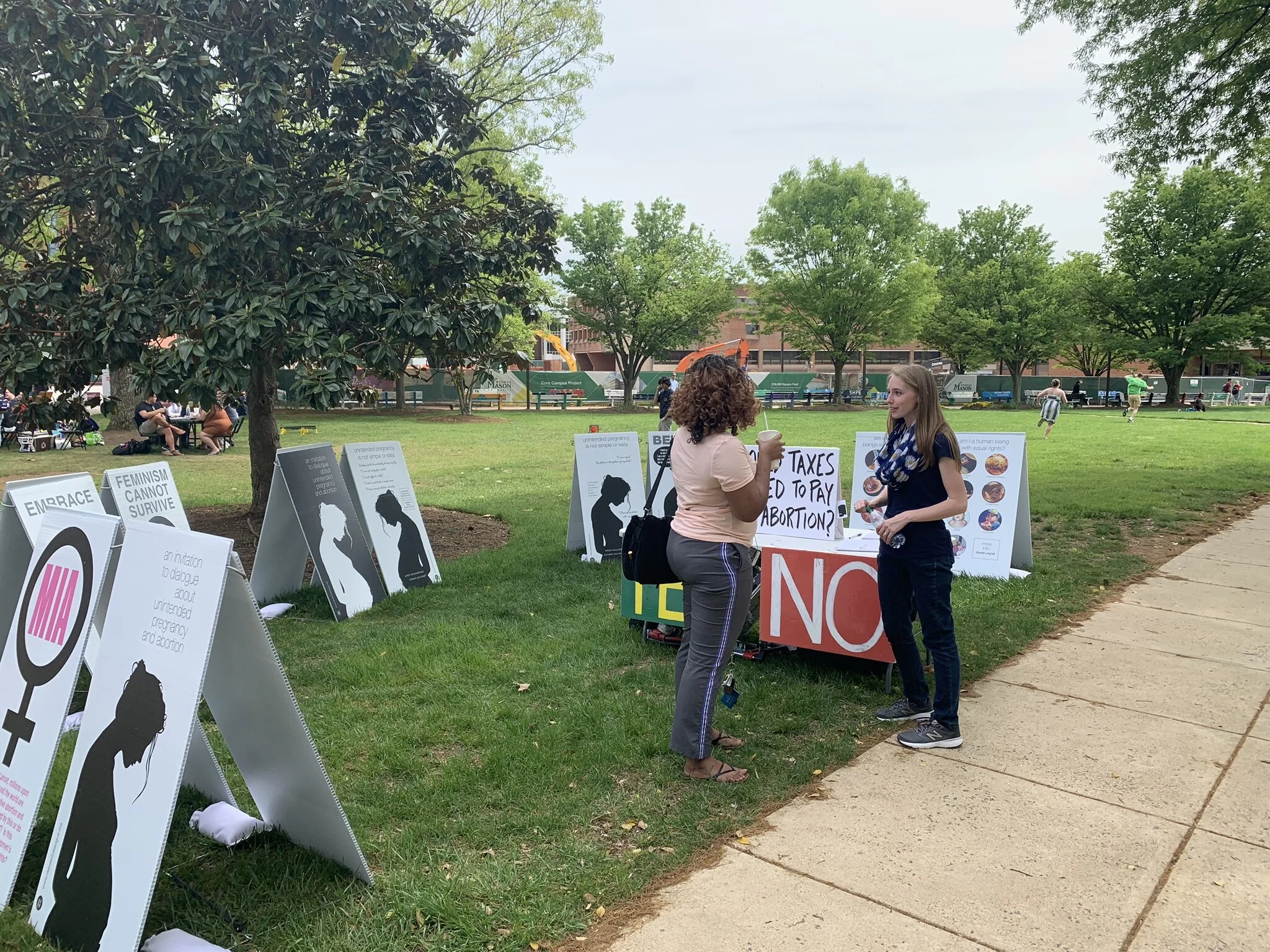
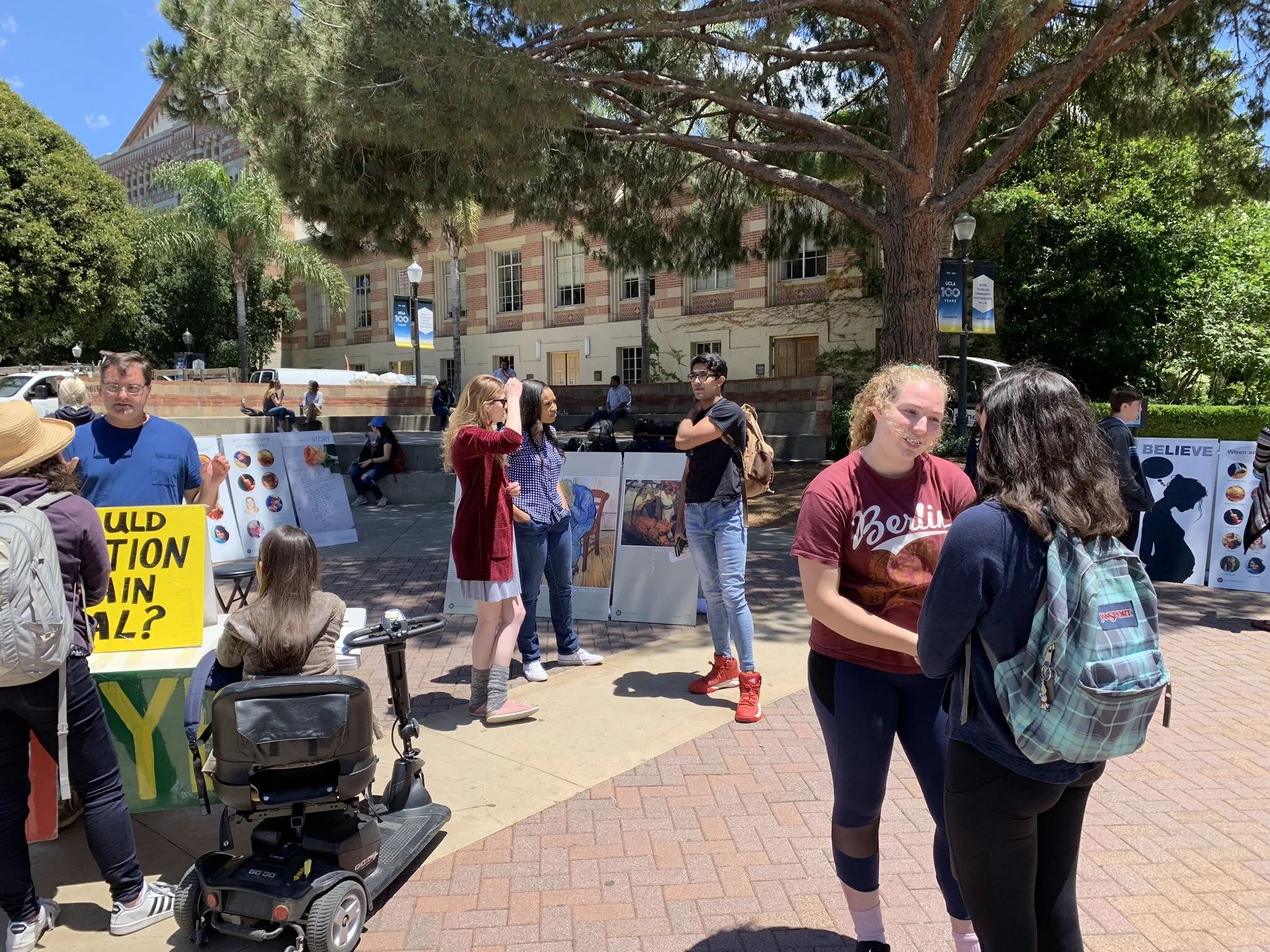









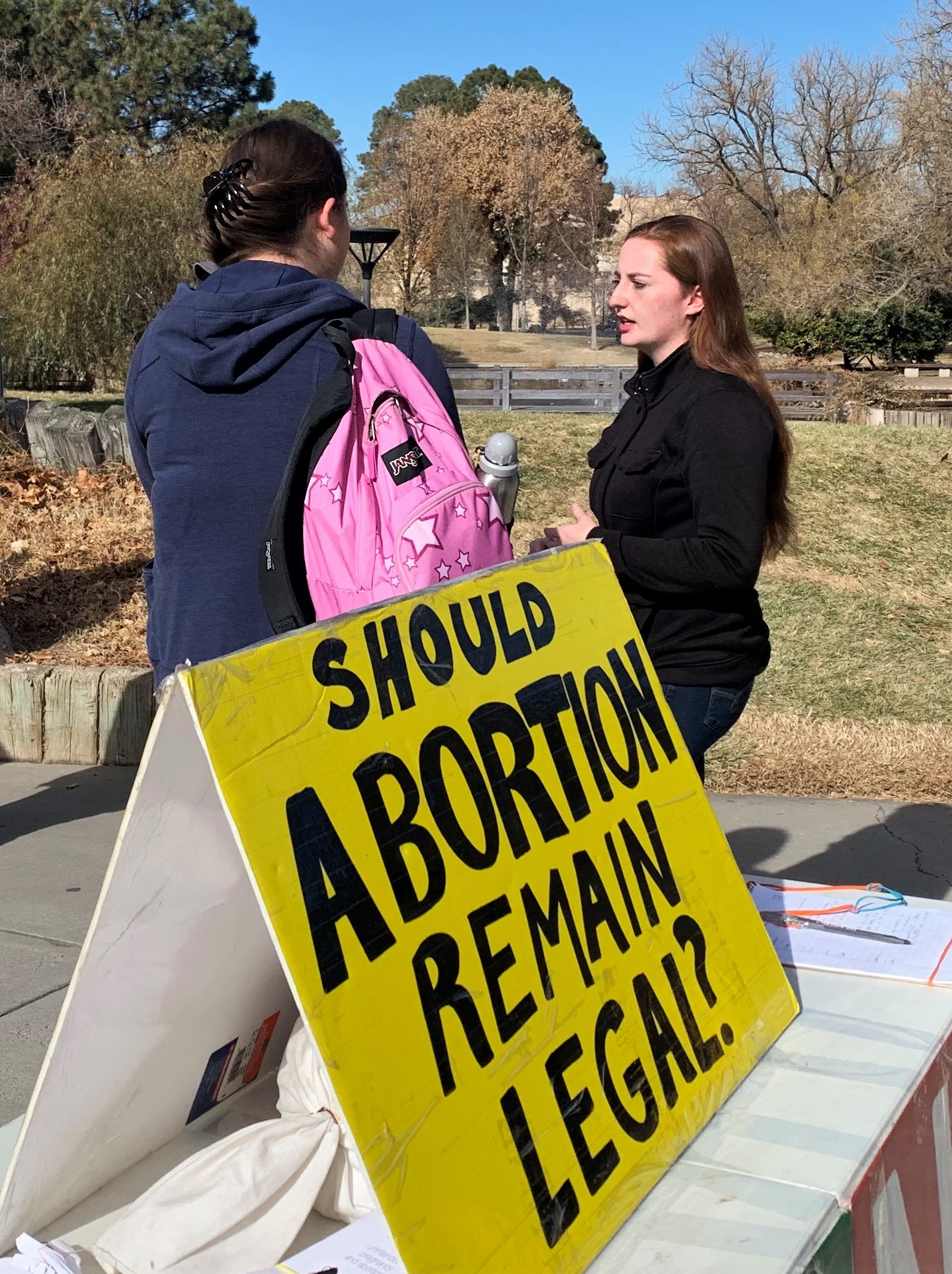

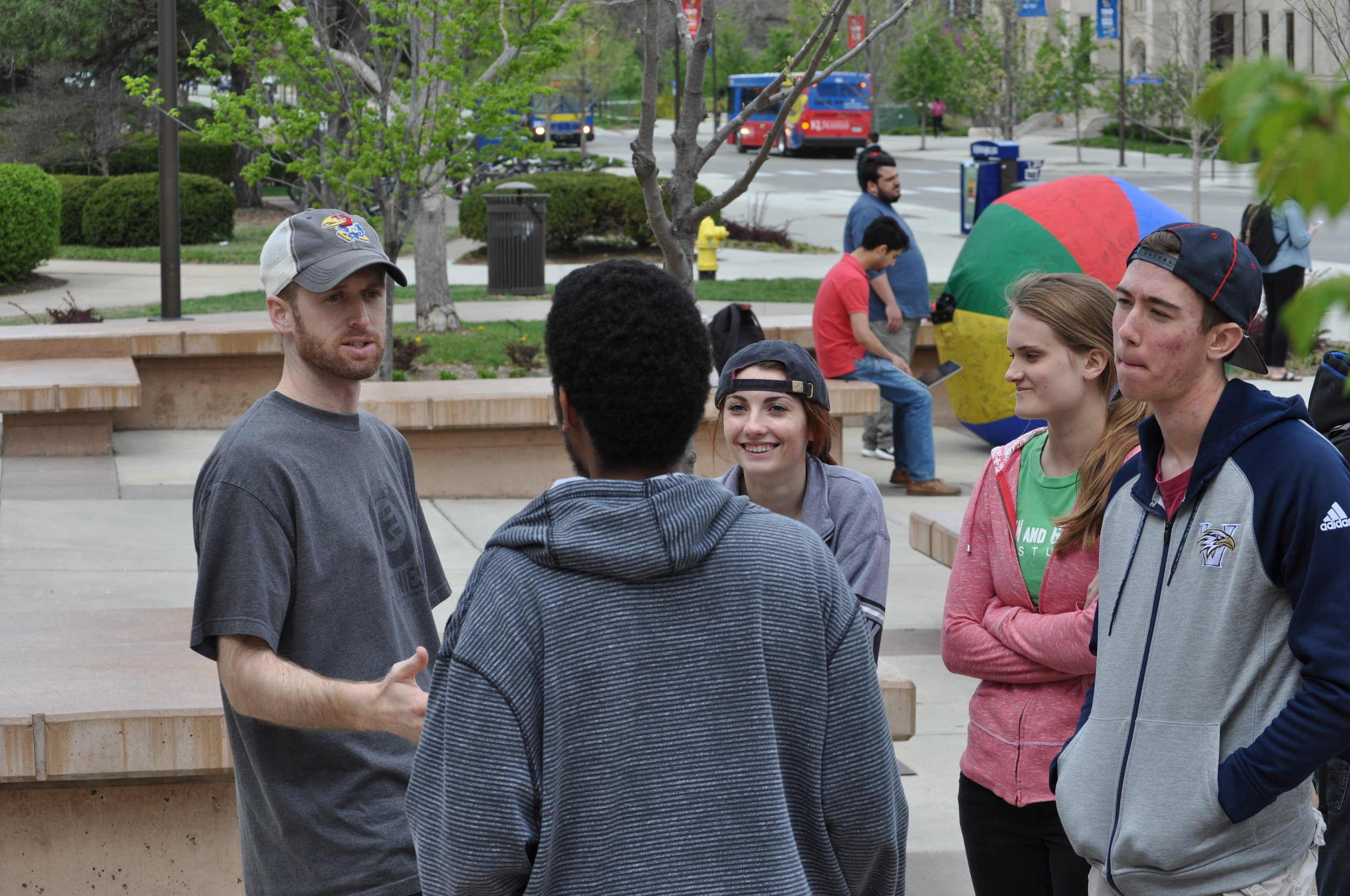
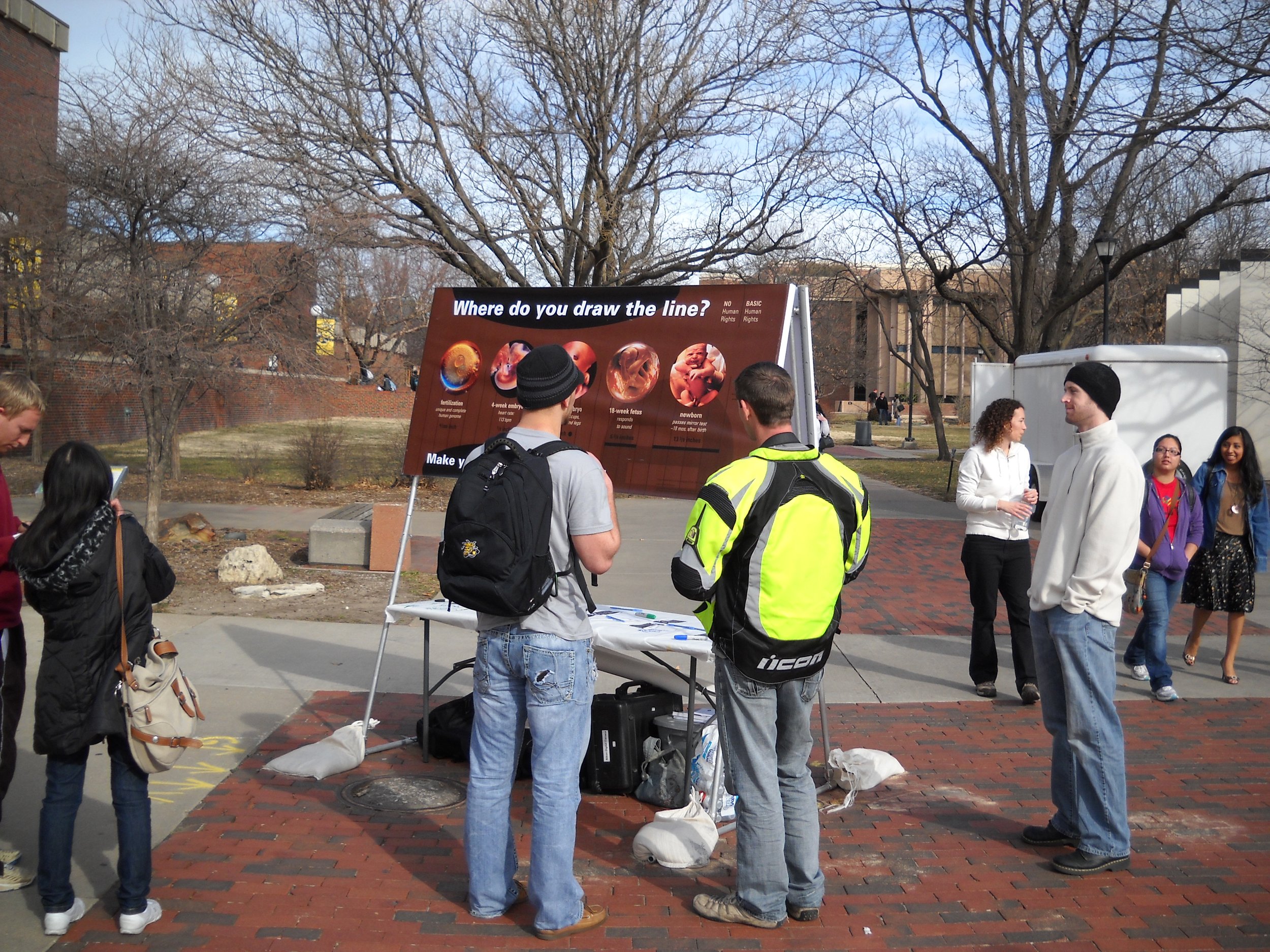




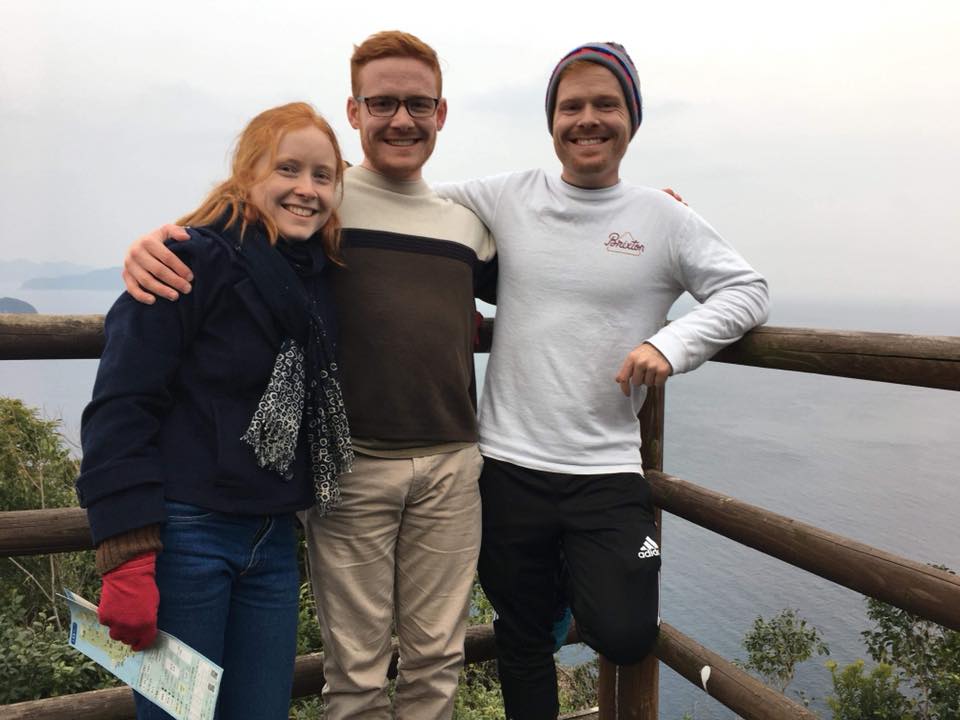




Paul Kulas (center) traveled to South Dakota in the dead of winter (!). He reported an outdoor temperature of 3 degrees the afternoon of the workshop he led. Good thing the SDSU students reserved indoor space for the outreach event!